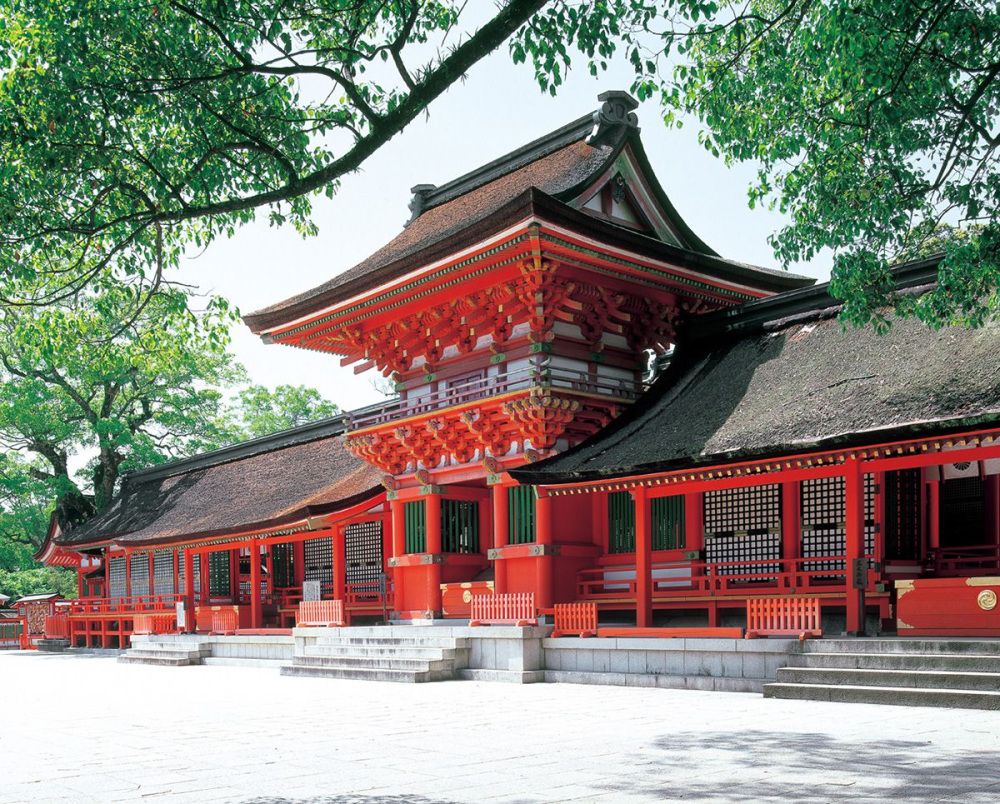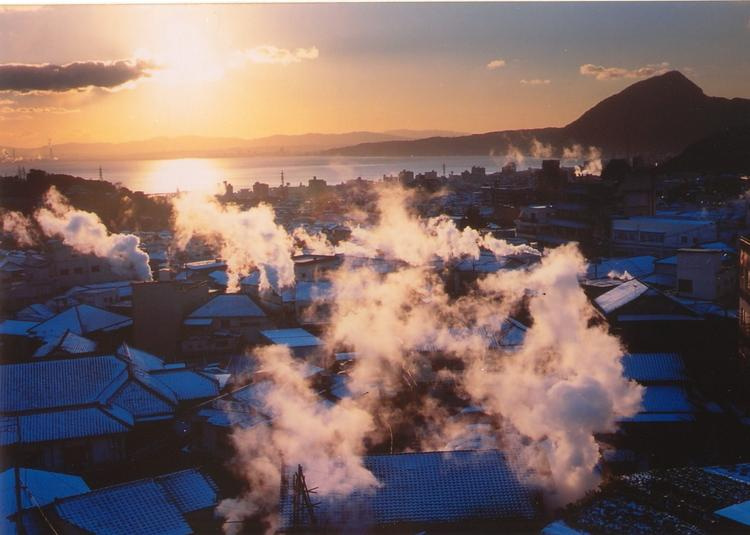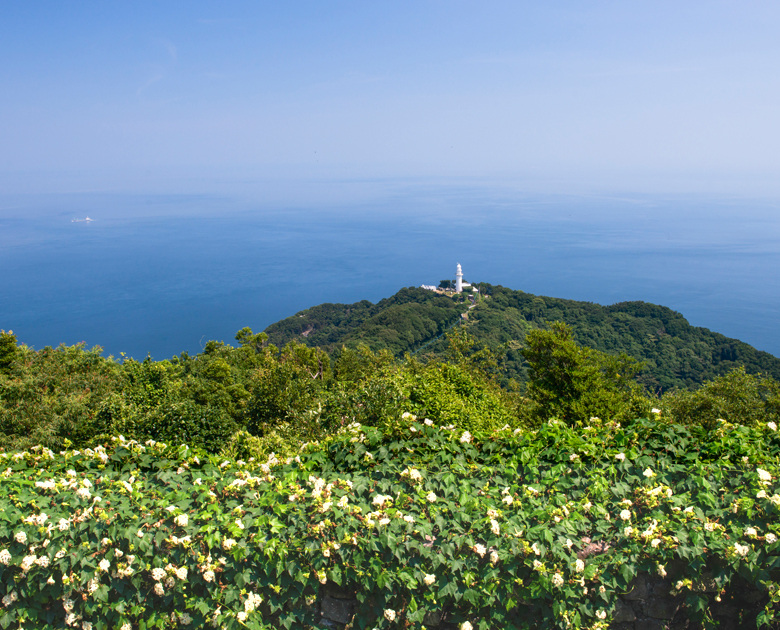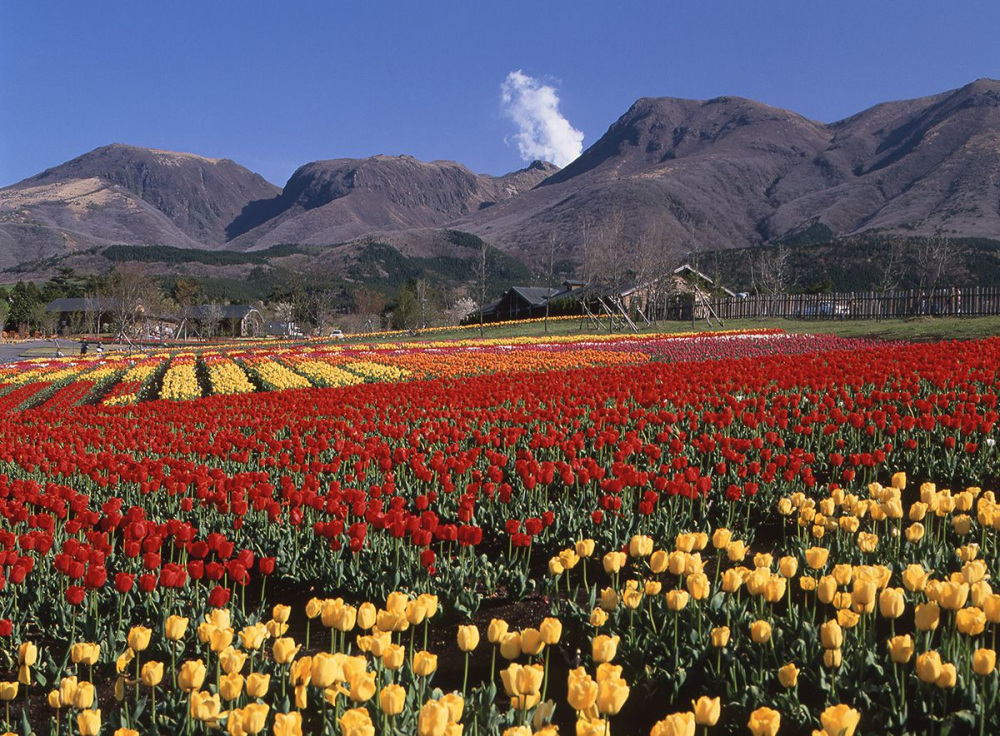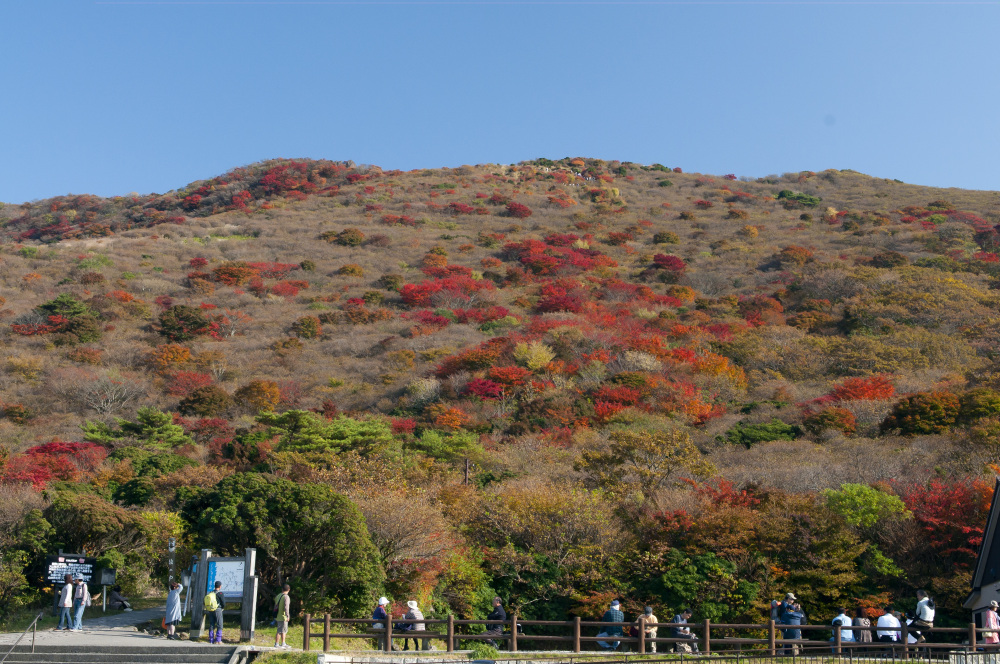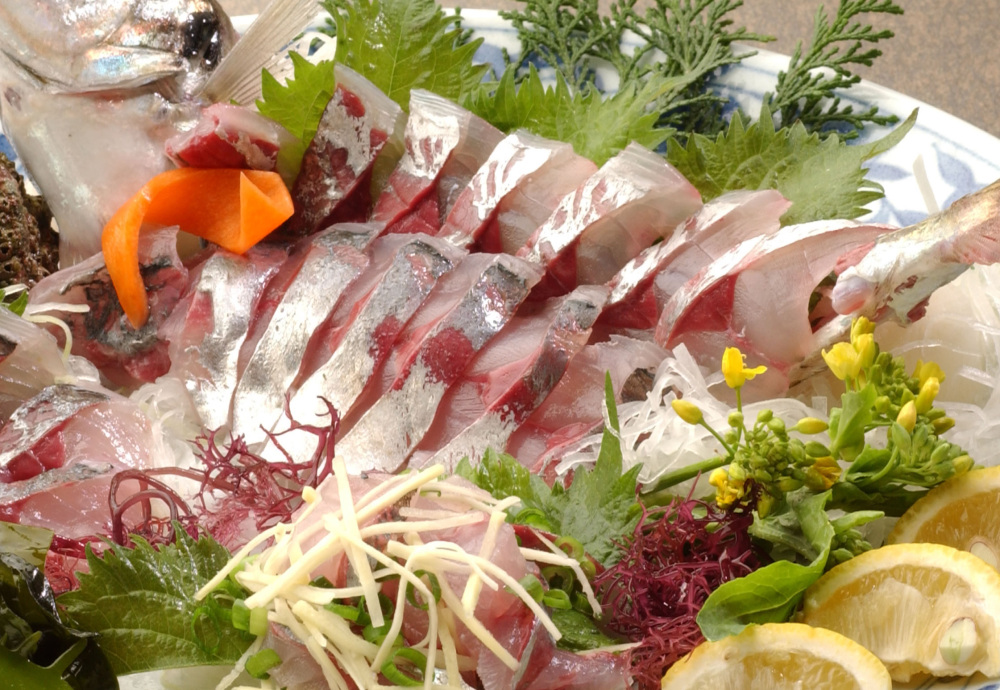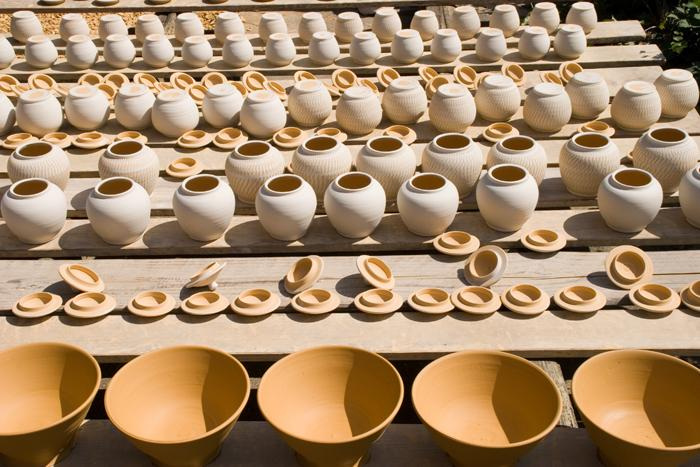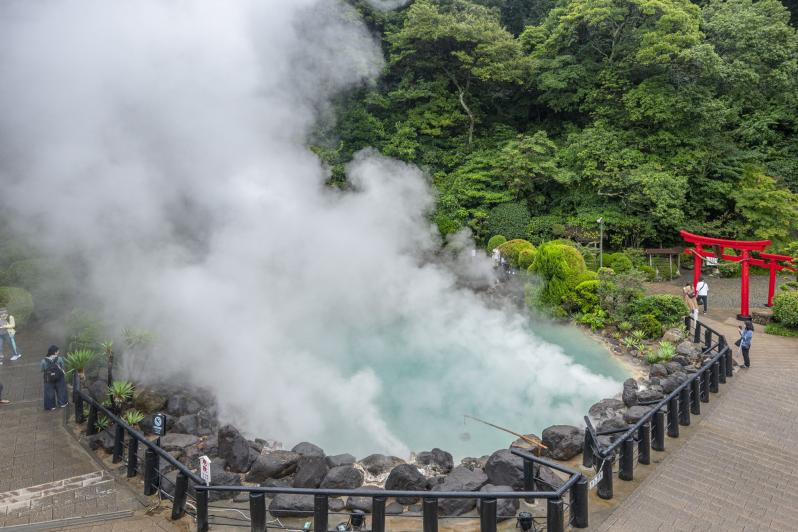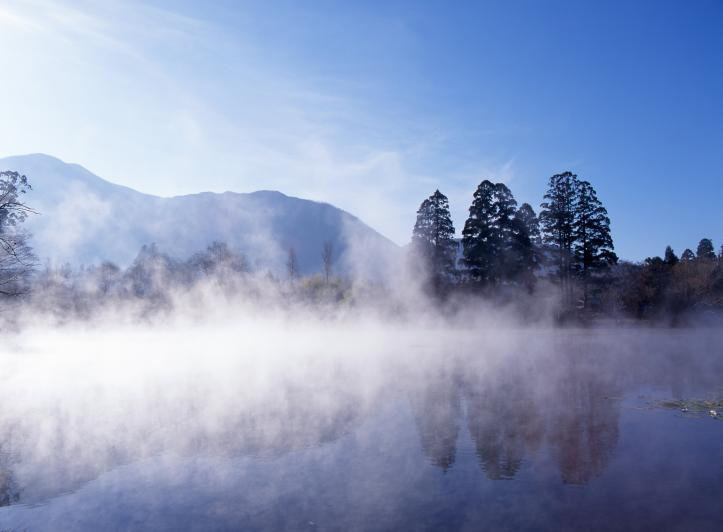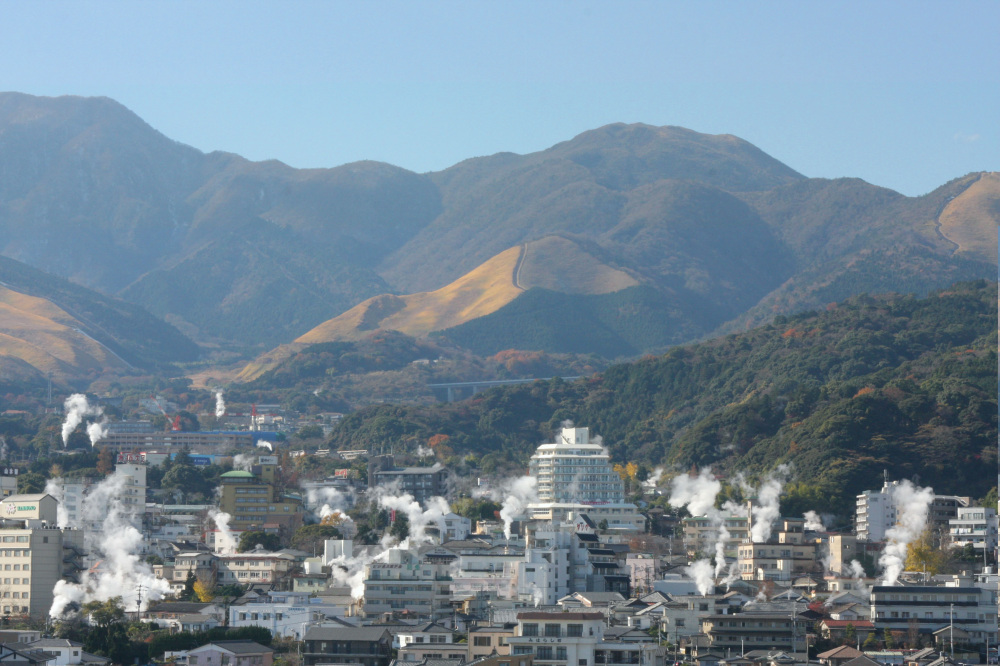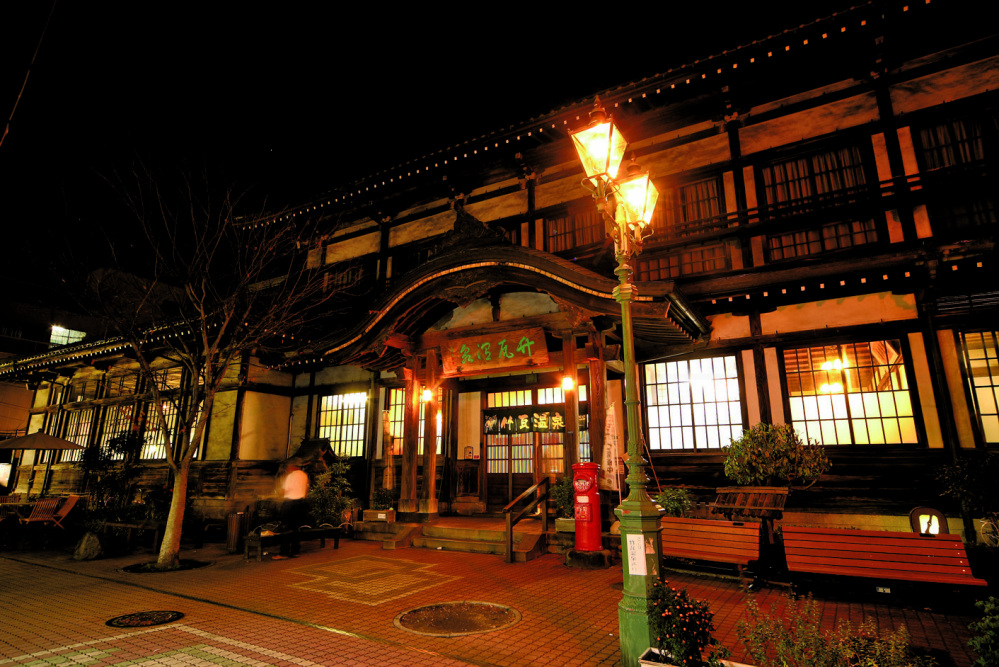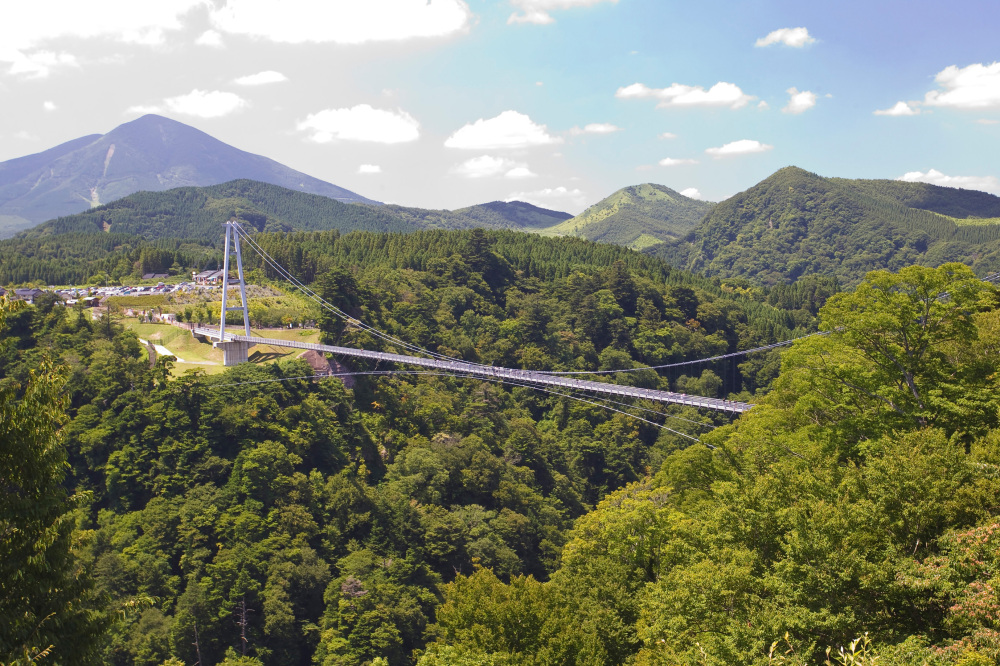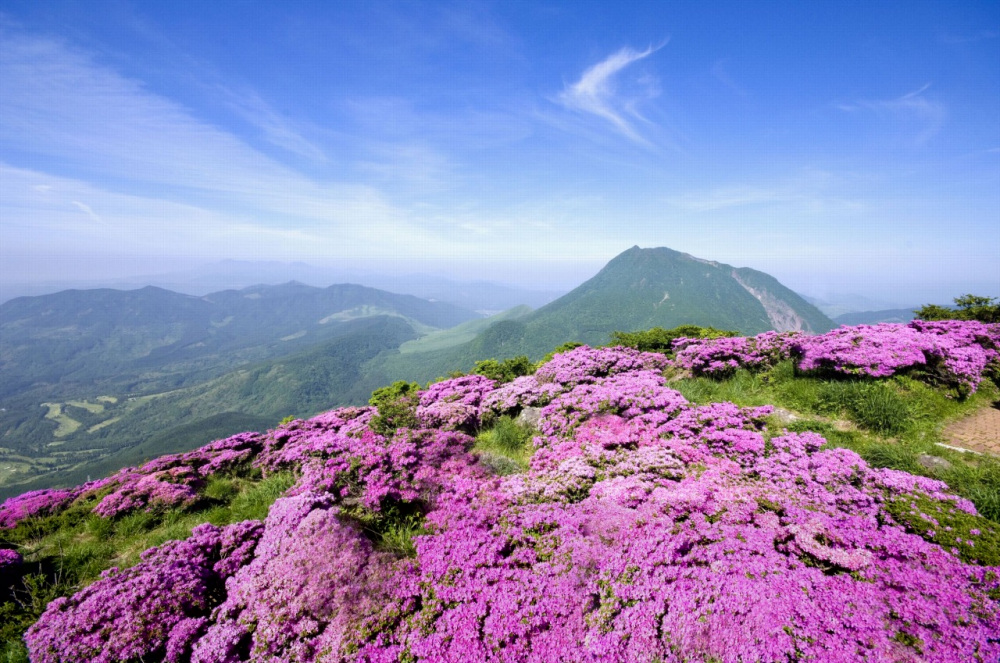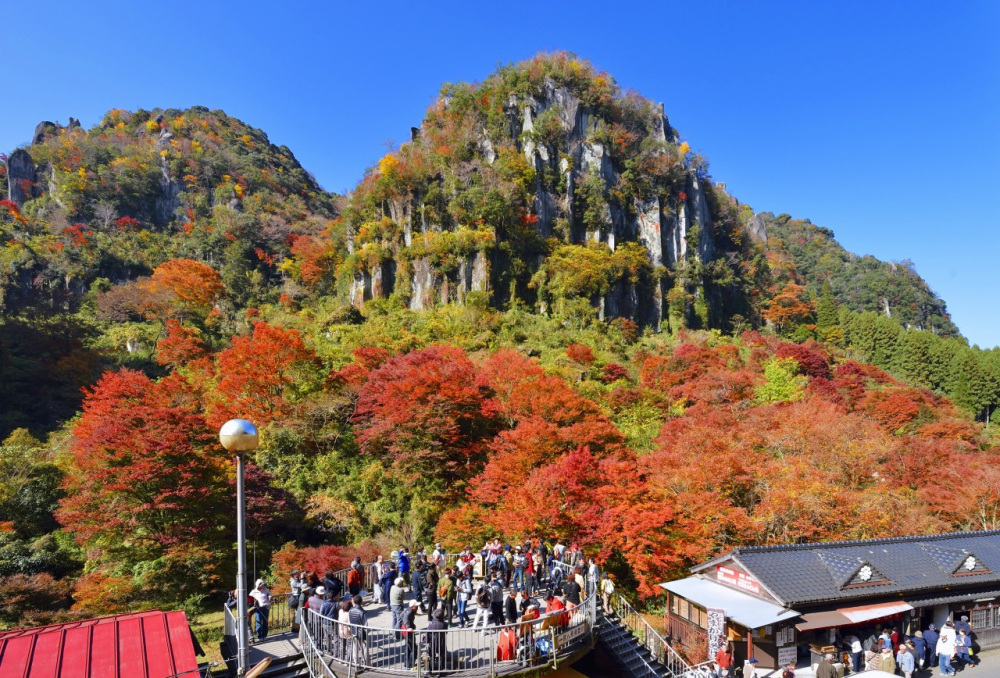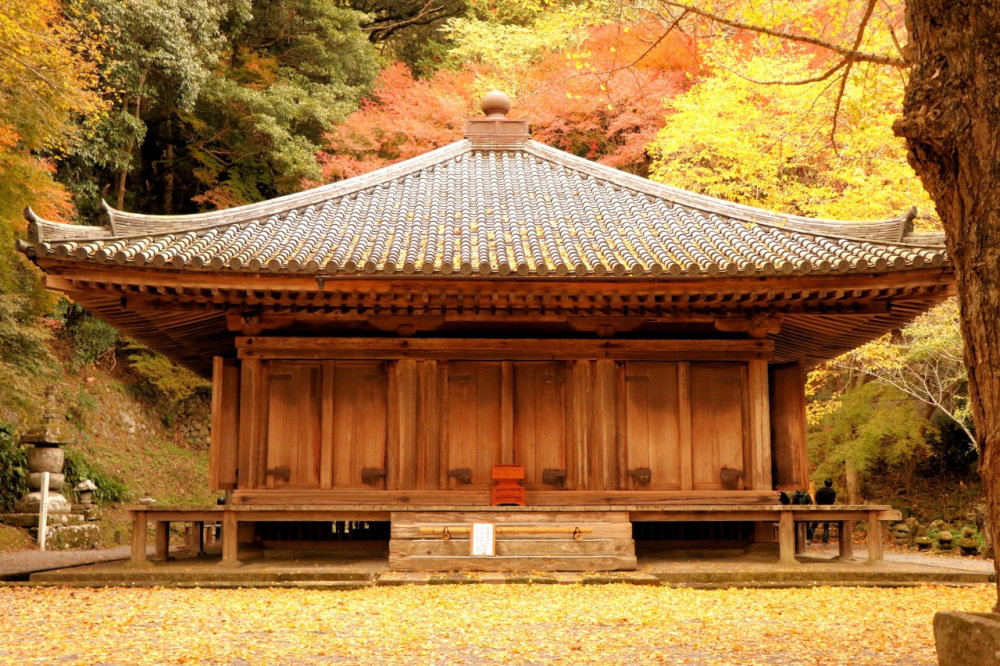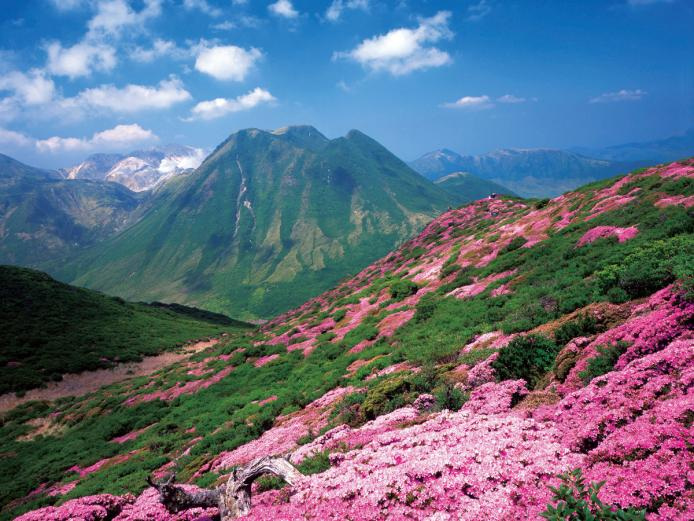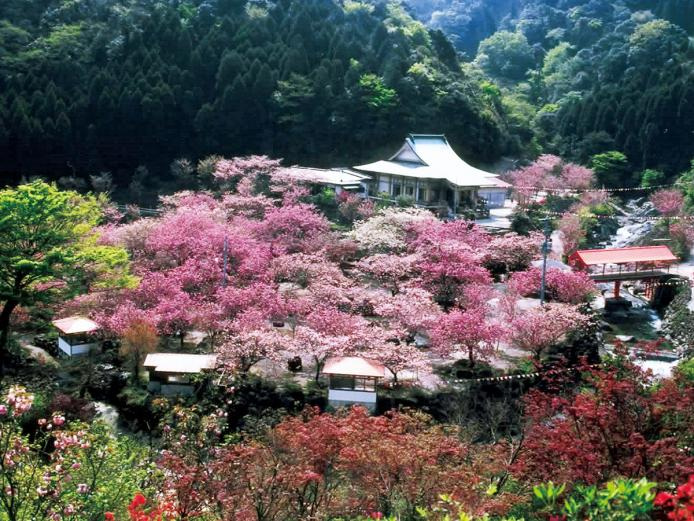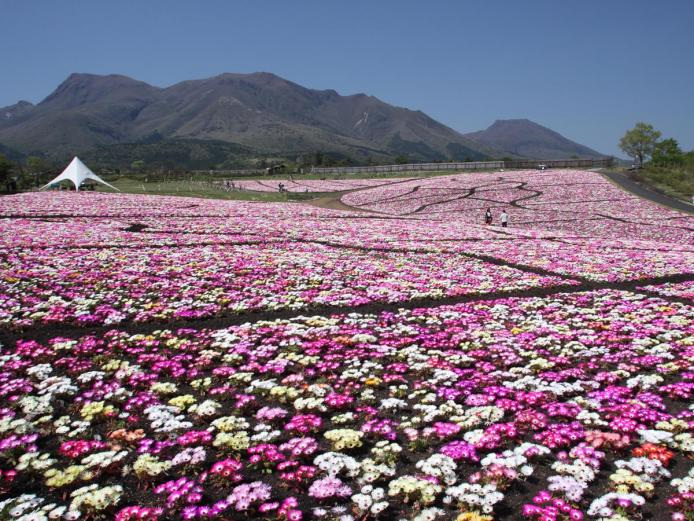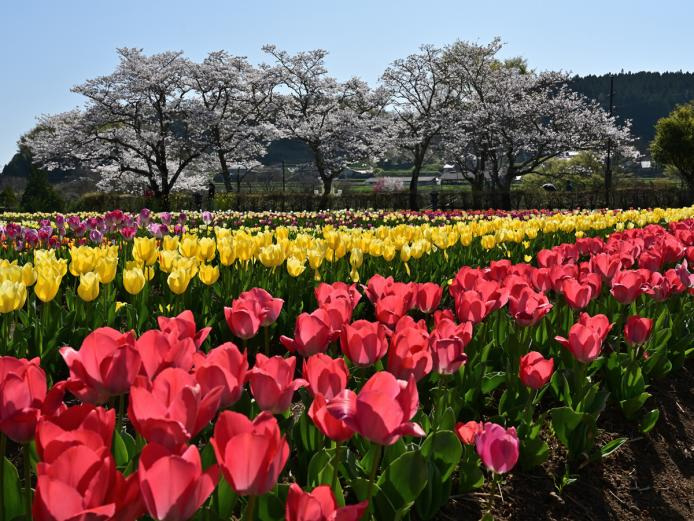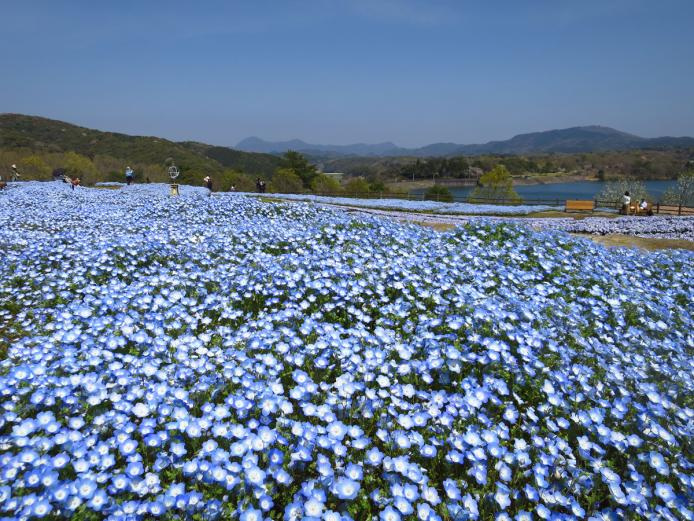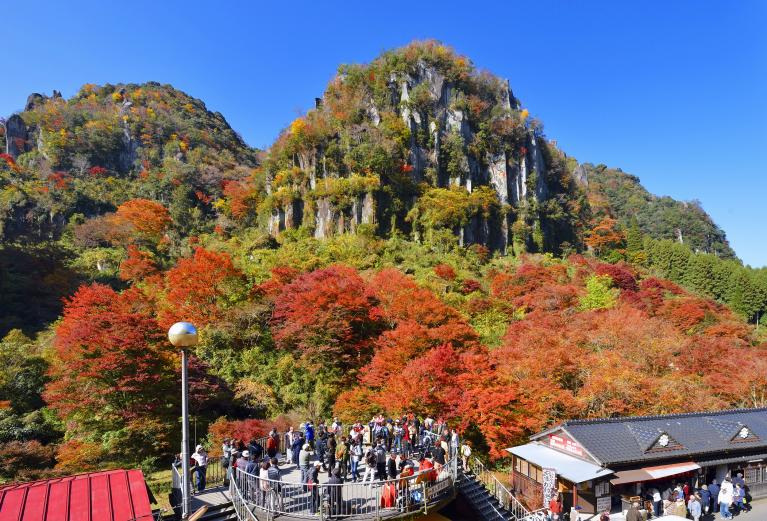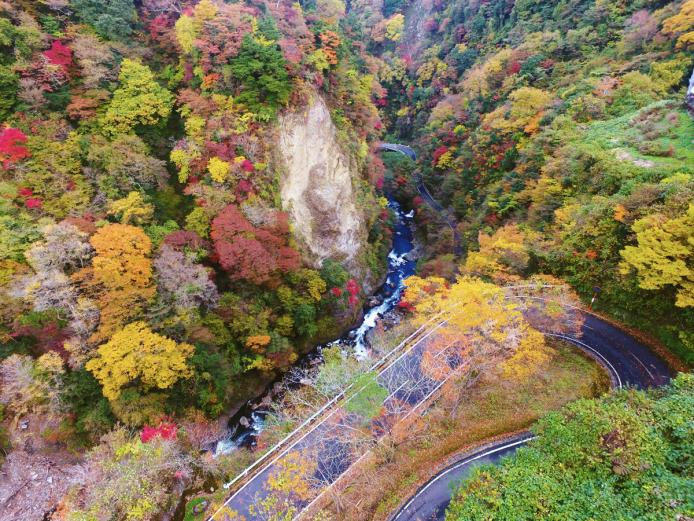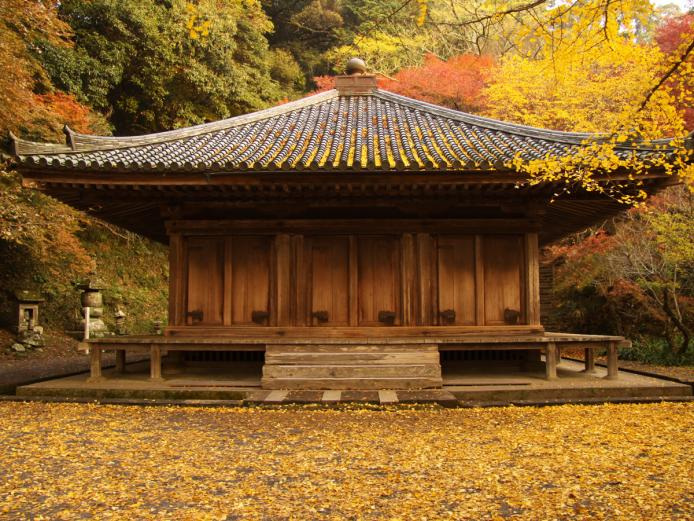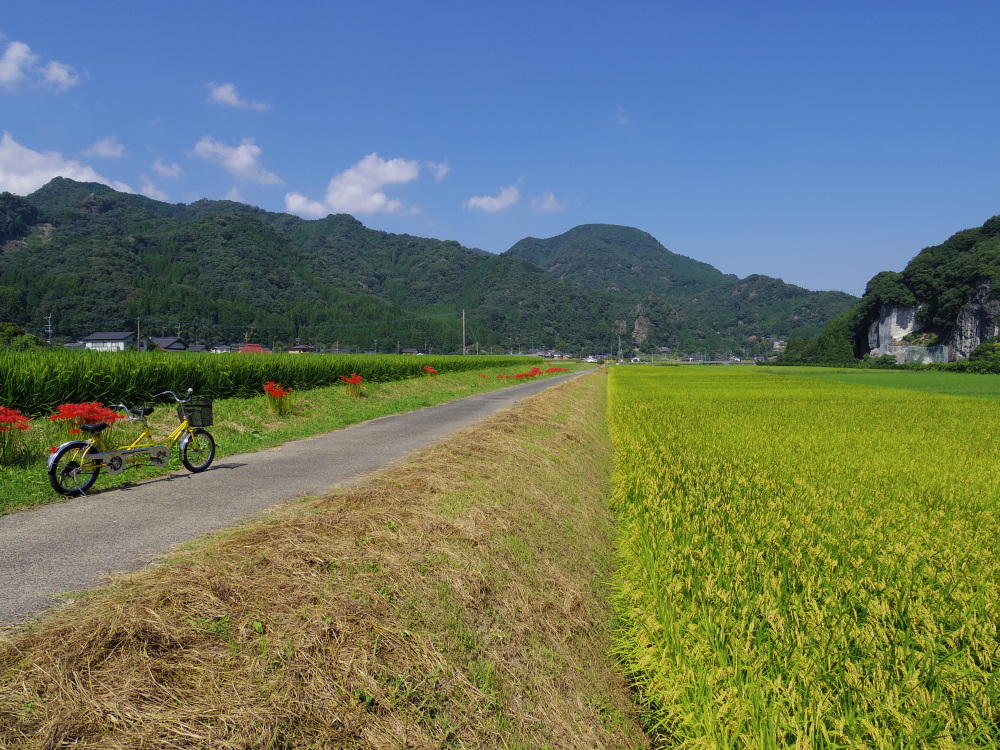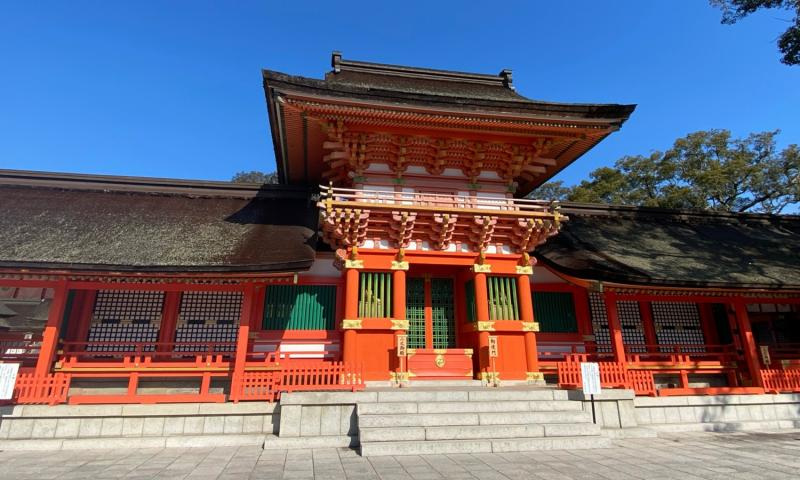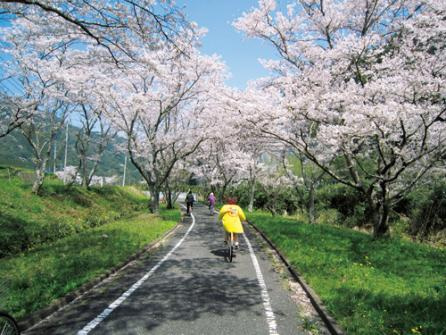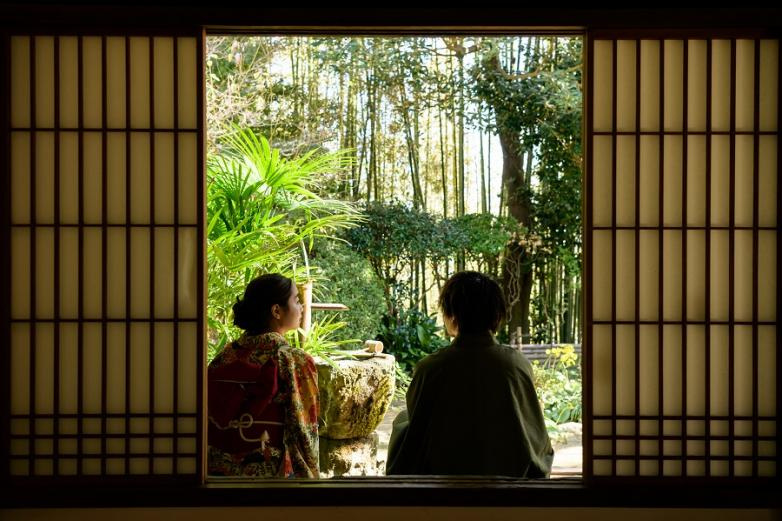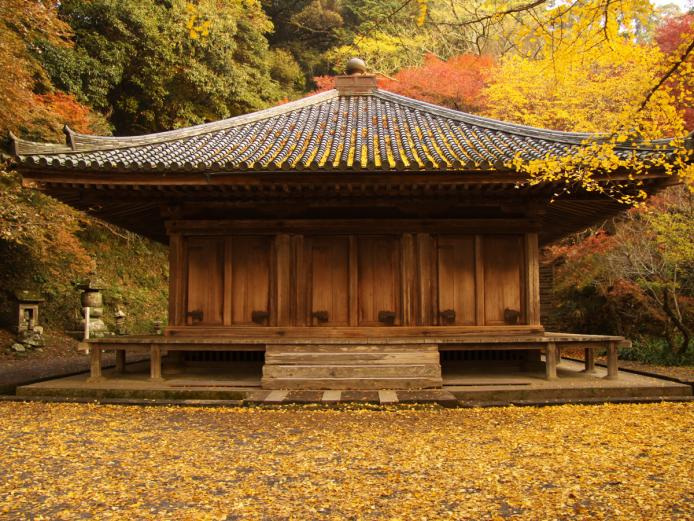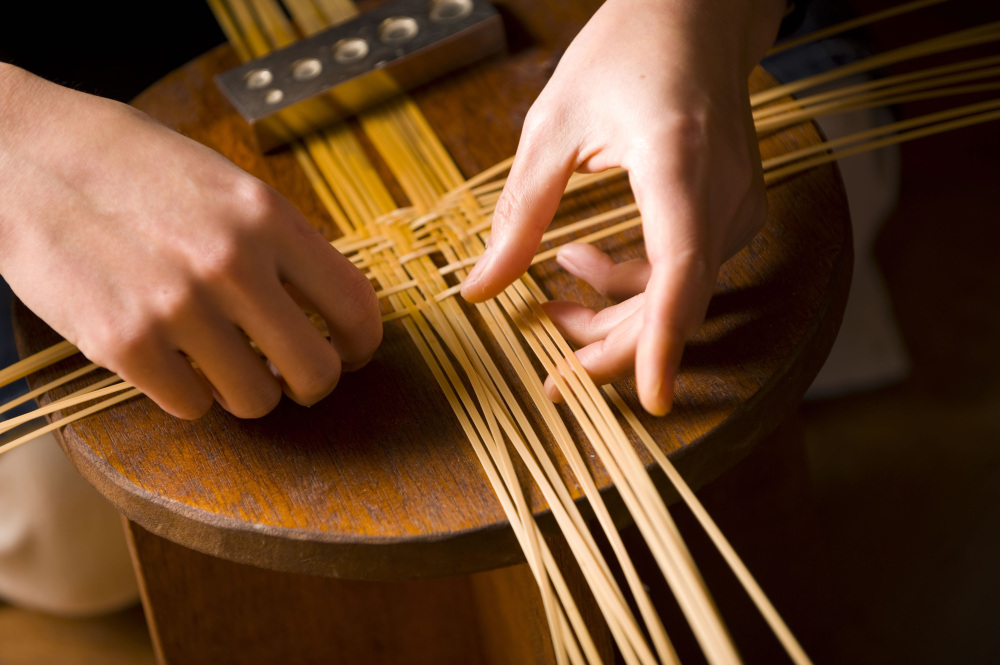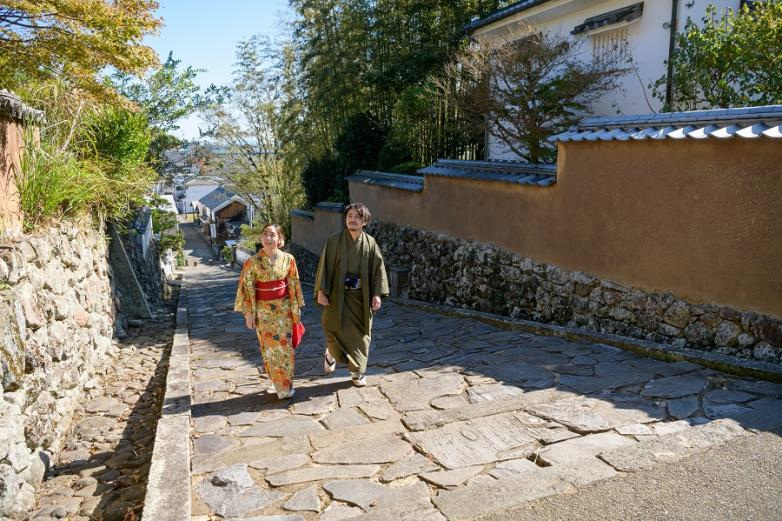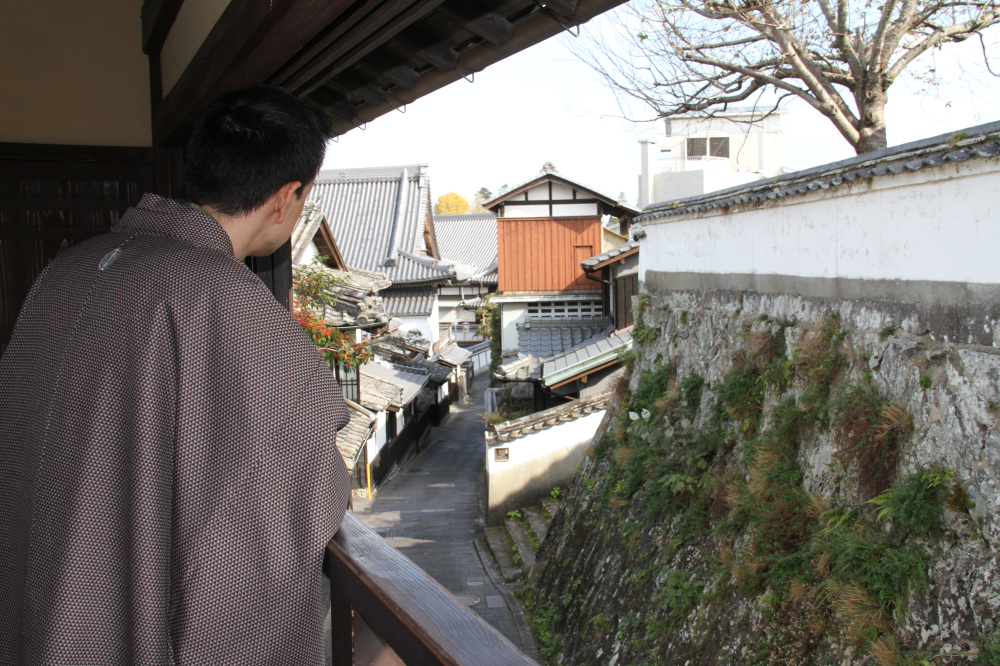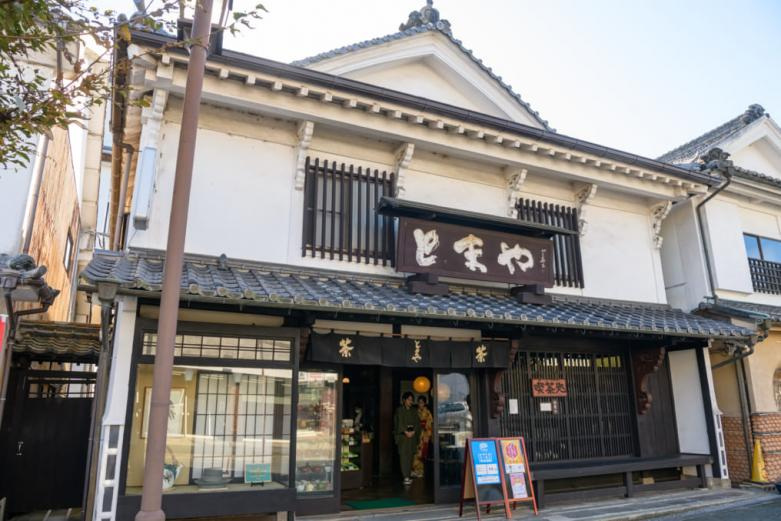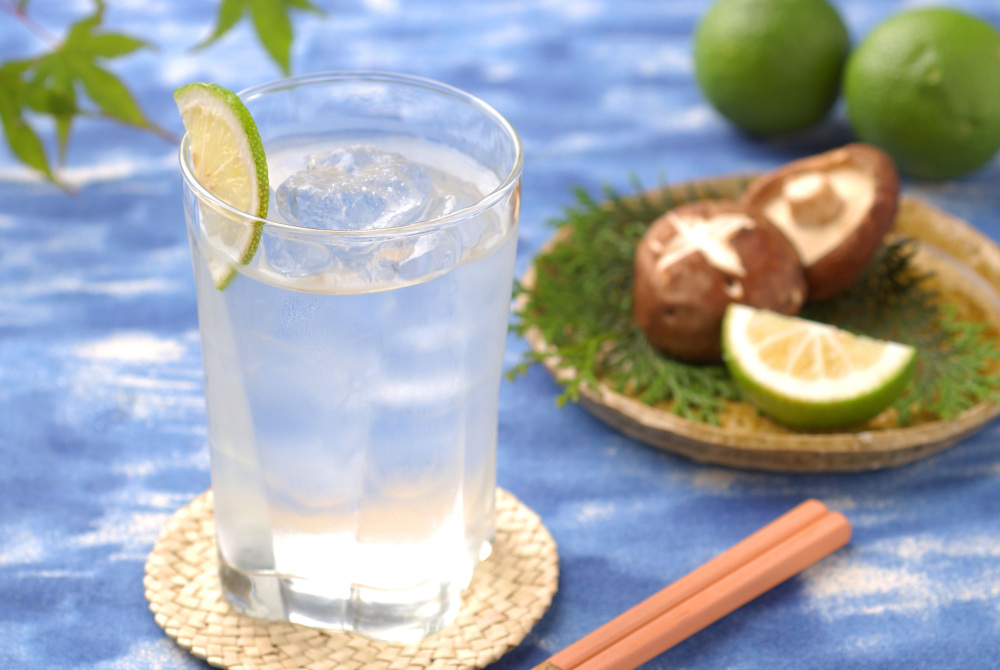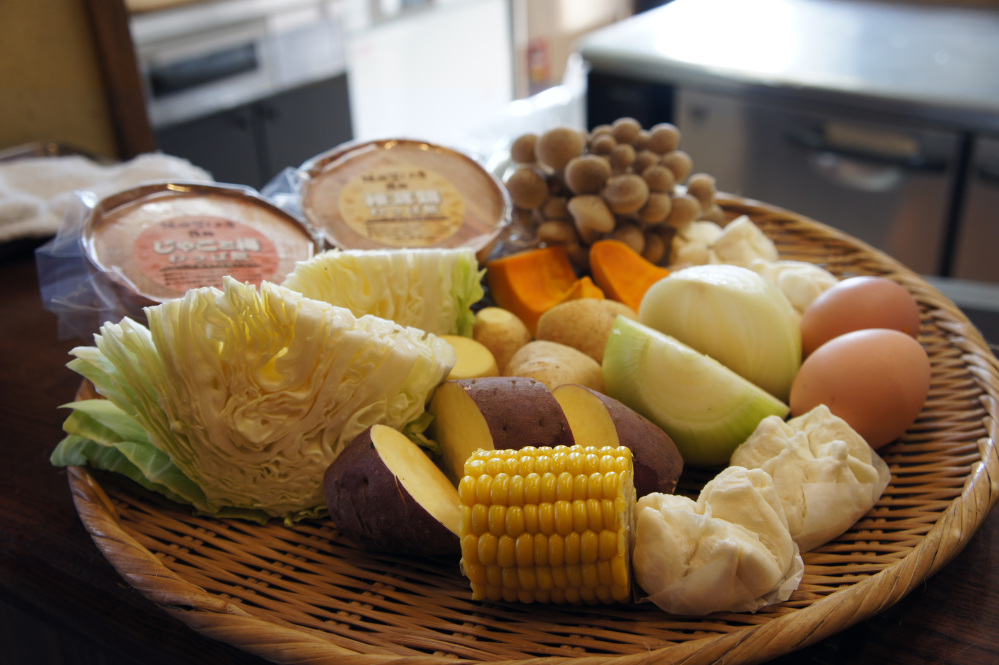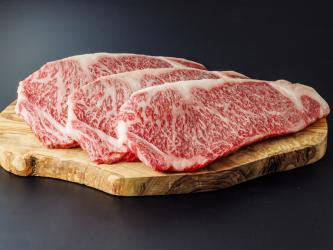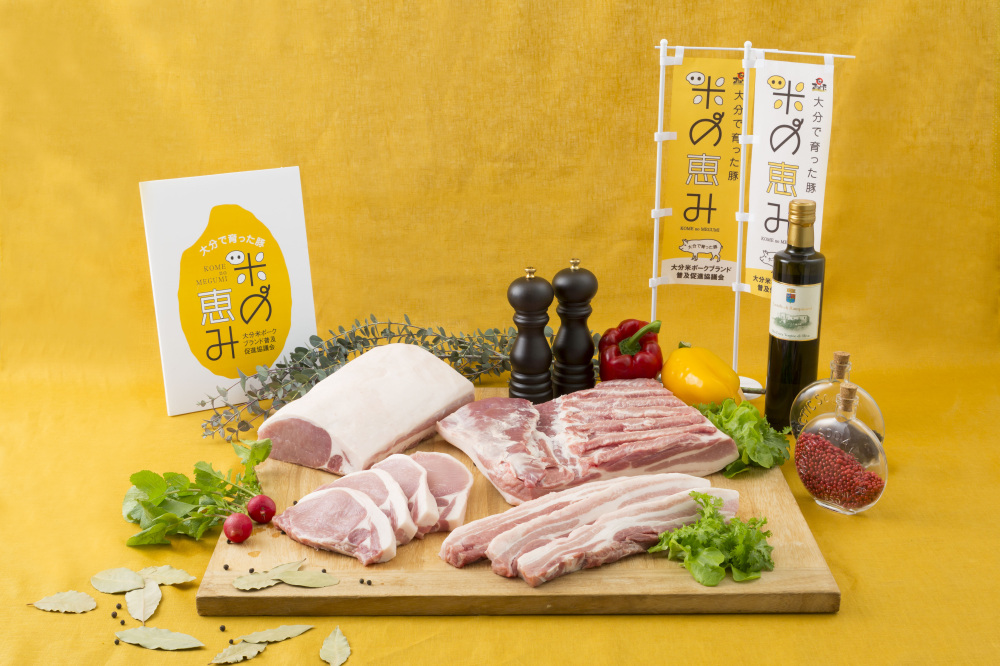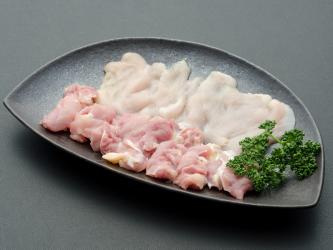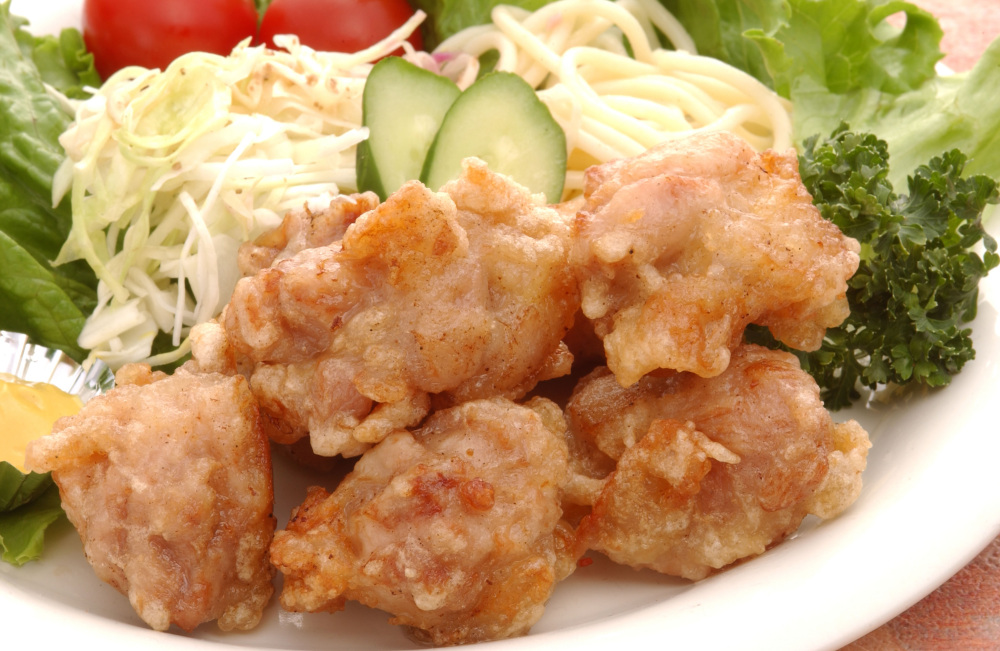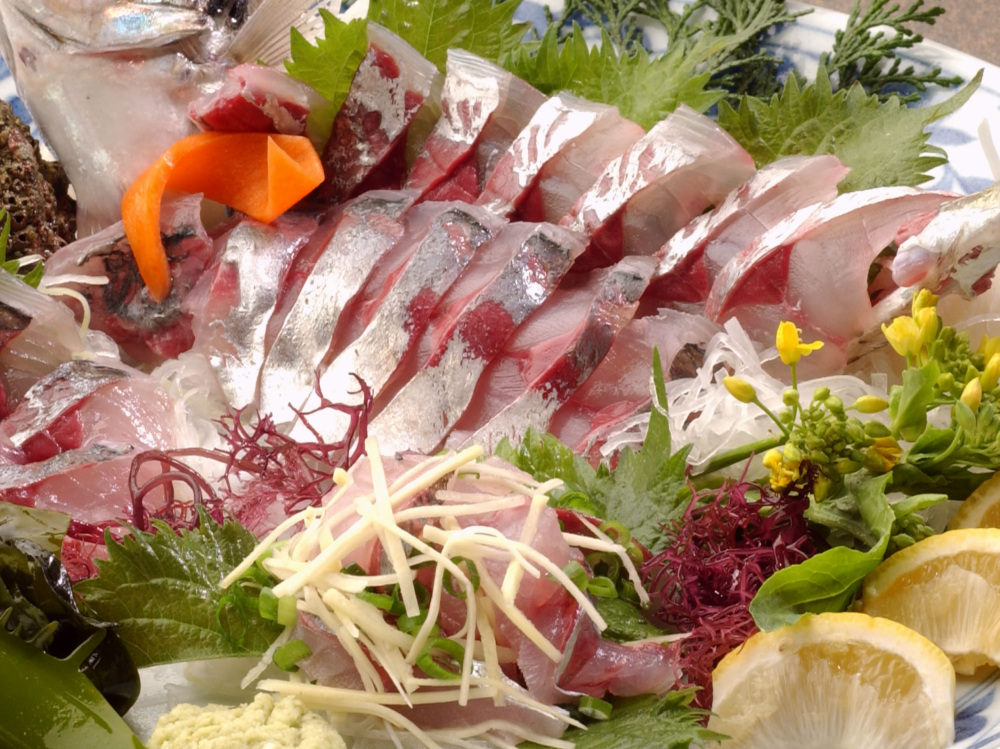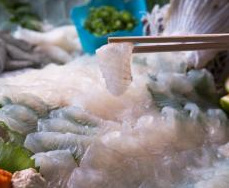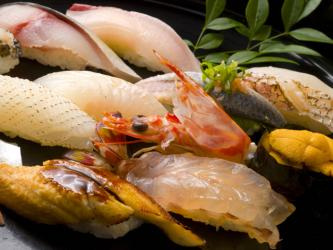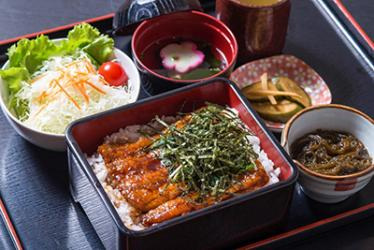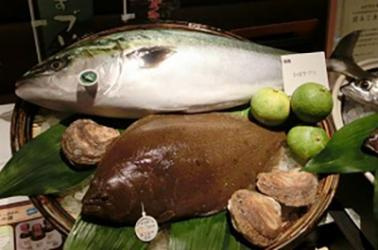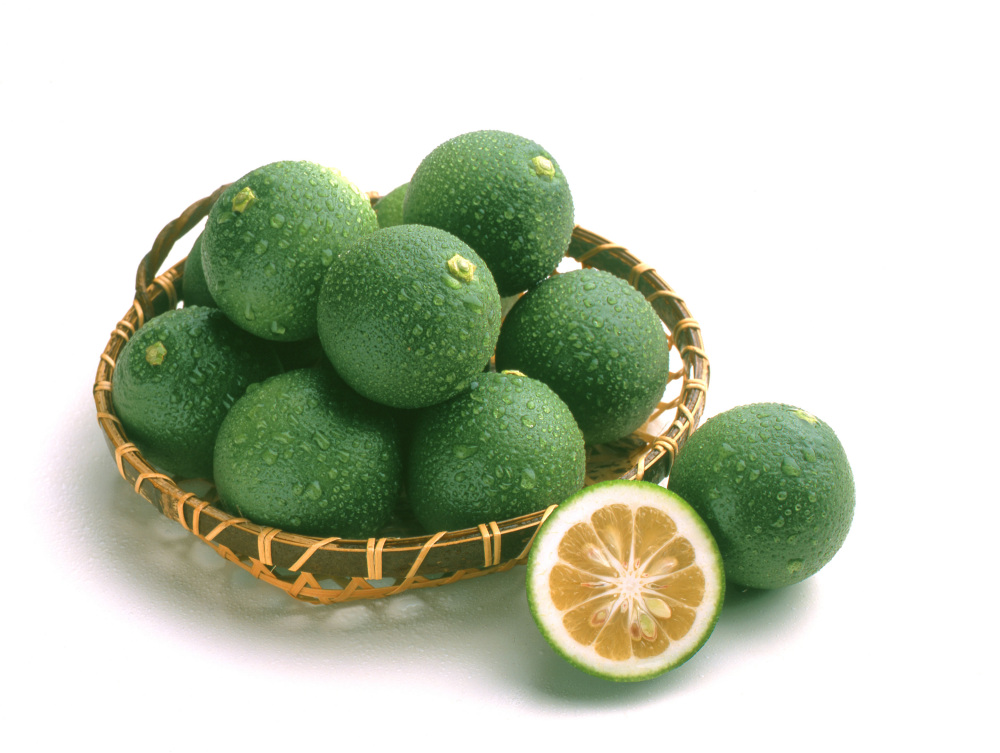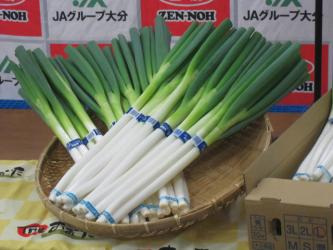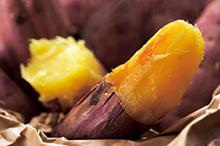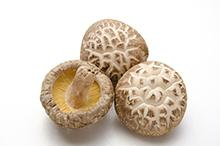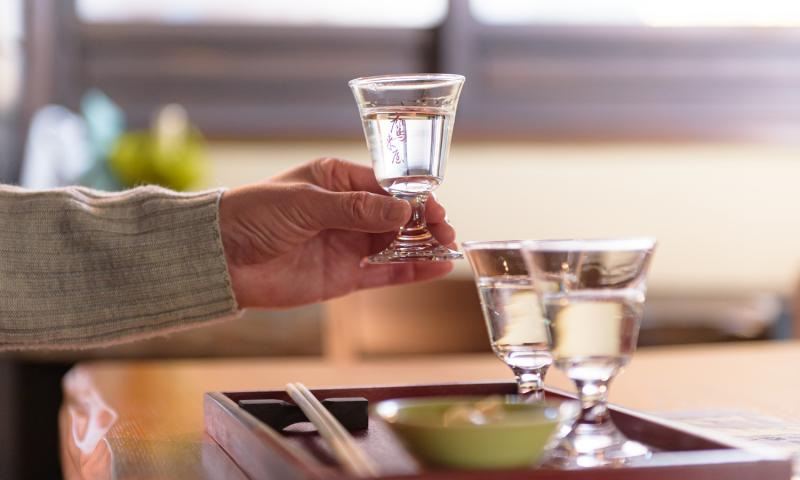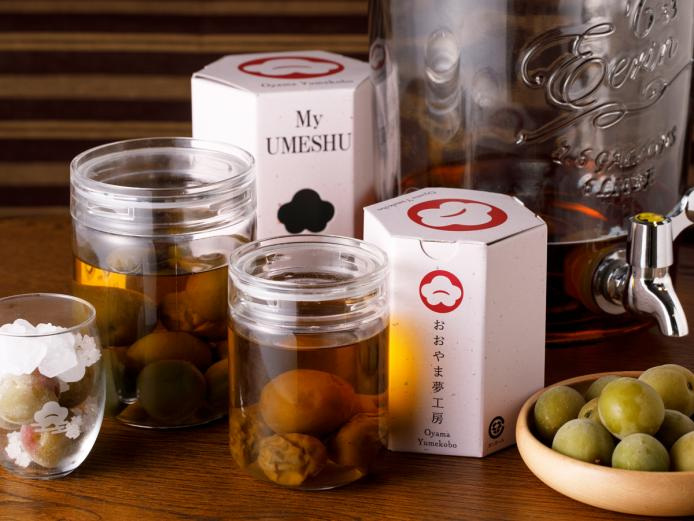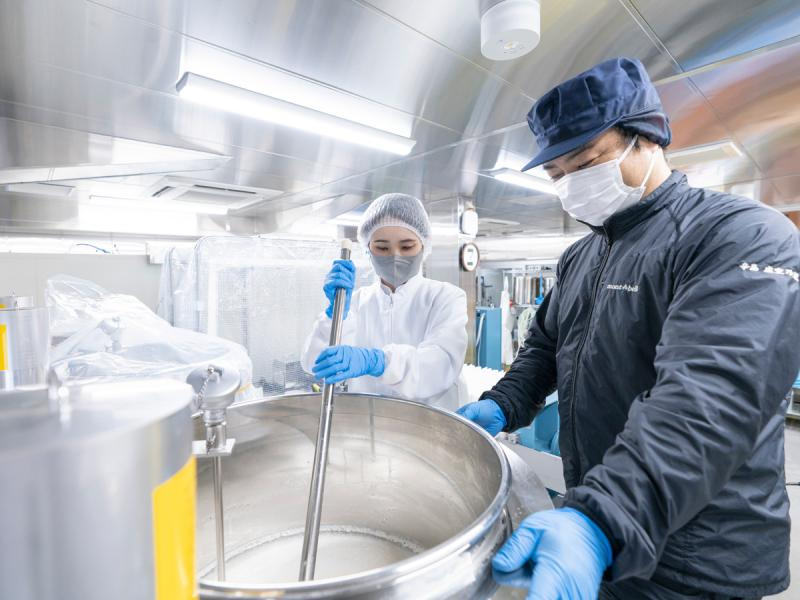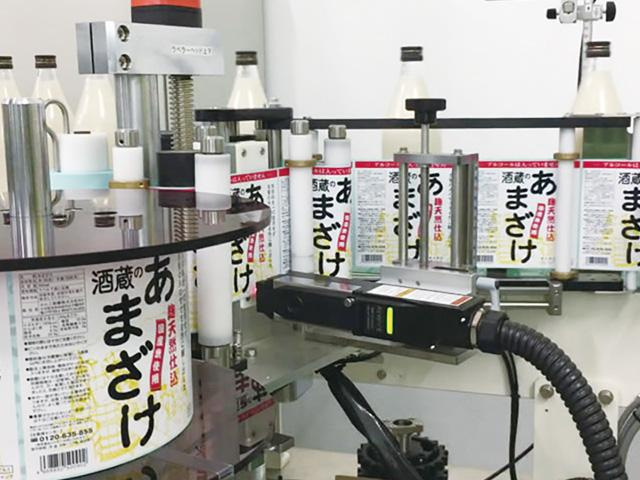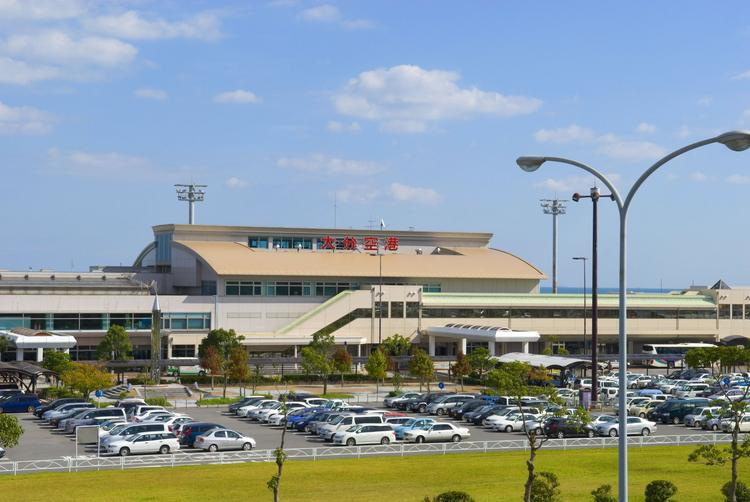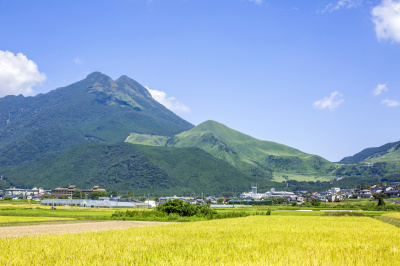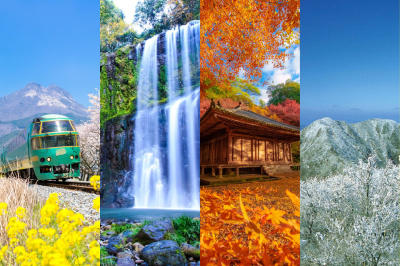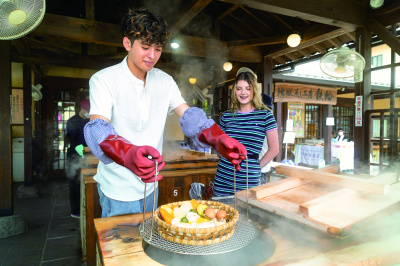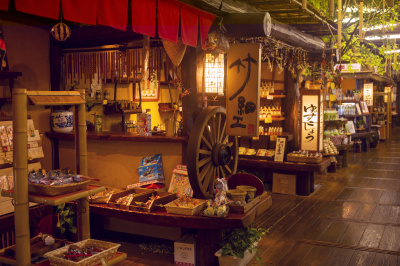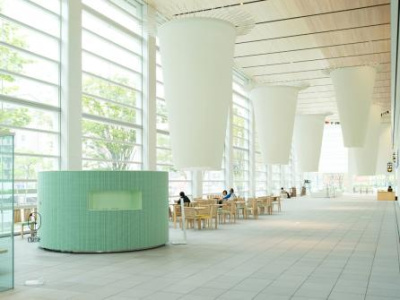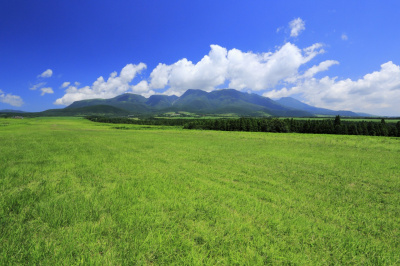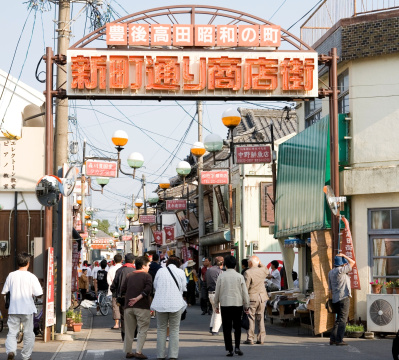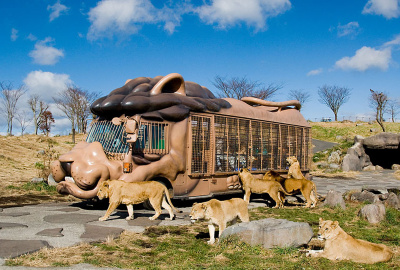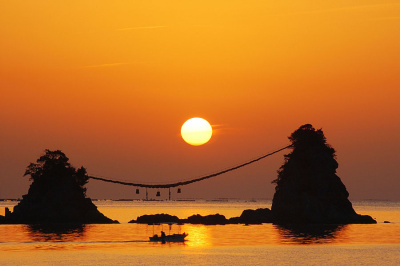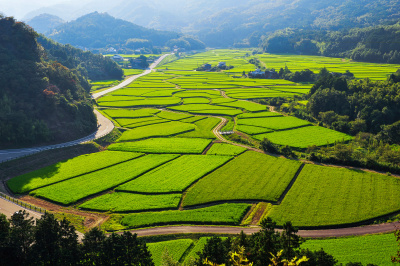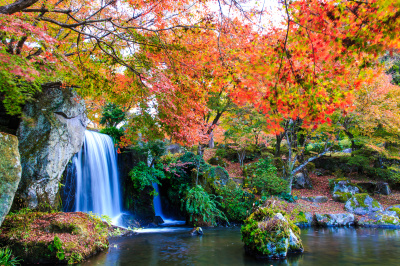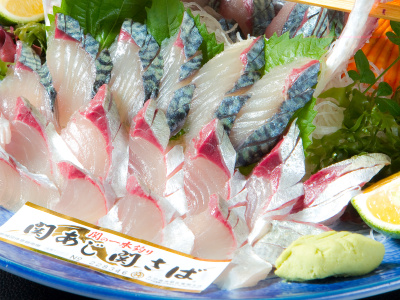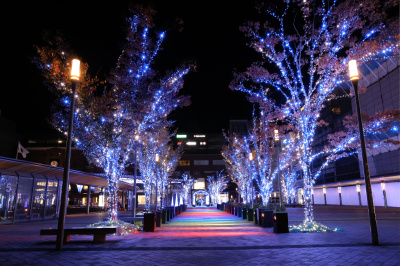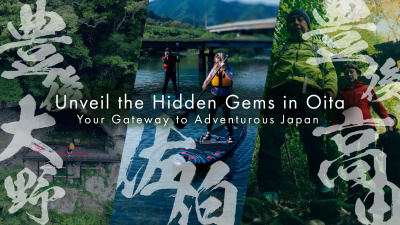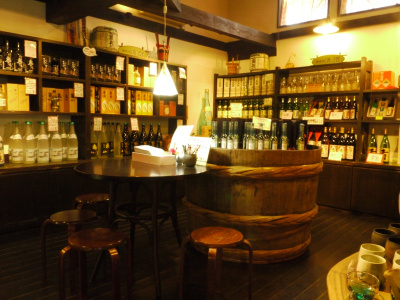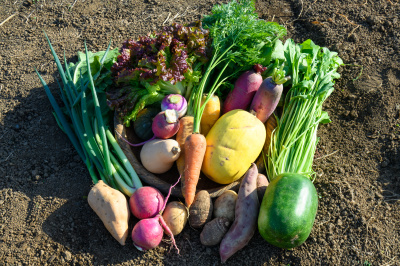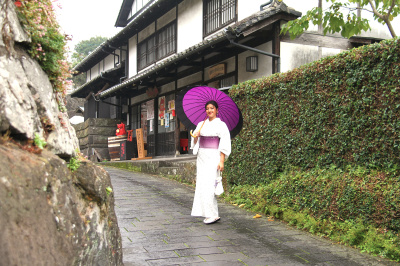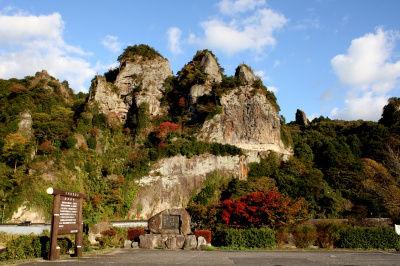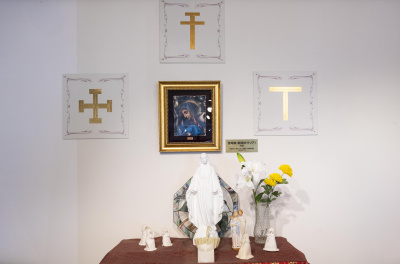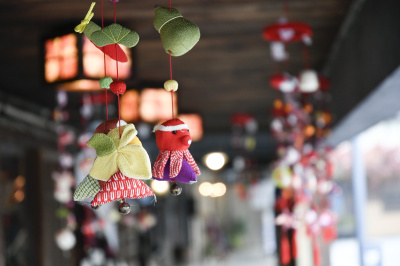A First-Timer’s Guide for Visiting Oita Prefecture
Oita Prefecture is famous for its hot springs, such as in Beppu, but it also boasts a wealth of other attractions as well, including historic castle towns, stunning natural landscapes of mountains and seas, traditional crafts, and local gourmet cuisine. Here, we will provide some information to help guide you on your first visit to Oita.
* Please note that the text shown on this page includes machine translations.
Contents
- The Charms of Oita Prefecture
- Onsen Hot Spring Culture in Oita, the Onsen Prefecture
- Oita's Three Great Onsen of Bungo!
- The Beautiful Nature of Oita
- A Symphony of Colorful Blossoms
- Famous Spots and Breathtaking Views of Autumn Foliage
- Nature and Tradition: Must-See Tourist Spots
- Discover Oita's Traditional Culture and Fascinating History
- Oita's Historic Castle Towns
- Temples that have Left Behind a Unqiue Culture
- Traditional Crafts You'll Want to Take Home – Perfect for Souvenirs
- Indulge in Oita's Local Cuisine and Drinks
- Delectable Meats
- Specialty Seafood
- Gourmet Fruits and Vegetables
- Alcoholic Beverages – Sake Tastings, Brewery Tours, and Production Techniques
- Transportation Access and Getting Around
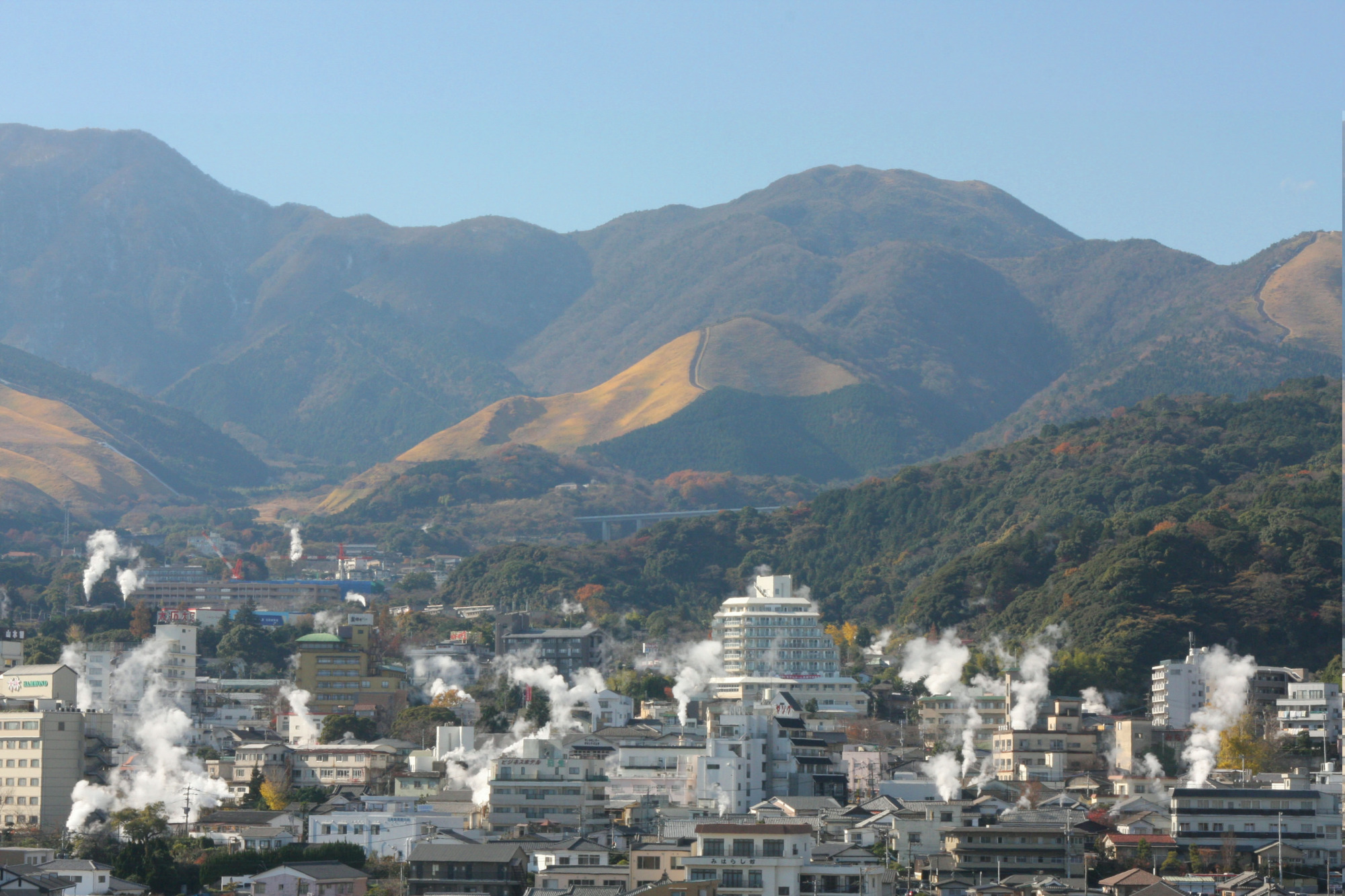
The Charms of Oita Prefecture
Located in the northeastern part of Japan's Kyushu region, Oita Prefecture is an area where you can enjoy a variety of attractions, including hot springs, natural landscapes, and historical cultural heritage. Let's first learn about each area's unique characteristics and features, and then you can use them as a reference for your sightseeing course.
- Usa and Kunisaki Peninsula Area (Bungotakada City, Kitsuki City, Usa City, Kunisaki City, Himeshima Village)
- This region is a sacred area where ascetics once trained and practiced. There's so much to see here, including historical sites, including temples, shrines, and castle towns. Visitors can also enjoy fresh seafood caught in the Seto Inland Sea and indulge in local Oita local delicacies such as karaage fried chicken.
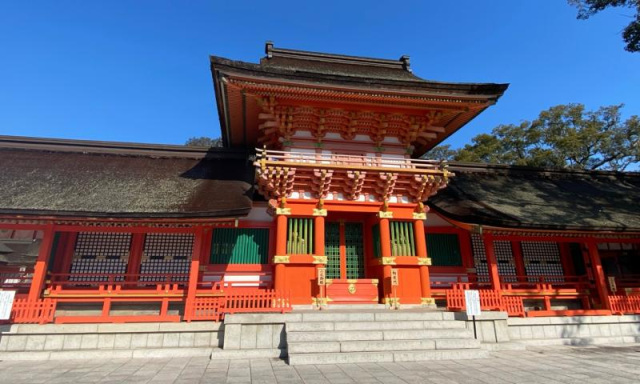
- See More
- Hita and Yaba Area (Hita City, Nakatsu City, Kusu Town)
- This area offers a perfect blend of nature, with scenic spots like Yabakei that are reminiscent of traditional landscape paintings, and of history, exemplified by the streets of Mameda-machi. It is also home to the Amagase Onsen Village, which rivals Beppu and Yufuin in its charm. From summer to autumn, the area’s specialty, hamo eel cuisine, is a must-try for foodies.
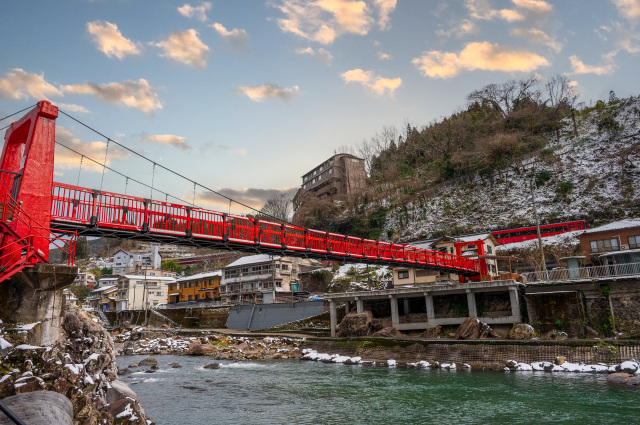
- See More
- Beppu Bay Area (Oita City, Beppu City, Hiji Town)
- This area includes Oita City, the hub for travel in Oita Prefecture; Beppu City, home to the renowned Beppu Onsen; and Hiji Town, where you can find Harmonyland, the Sanrio character theme park. Its unique hot springs, wealth of leisure activities, and excellent accessibility from other prefectures makes it a popular destination for visitors.
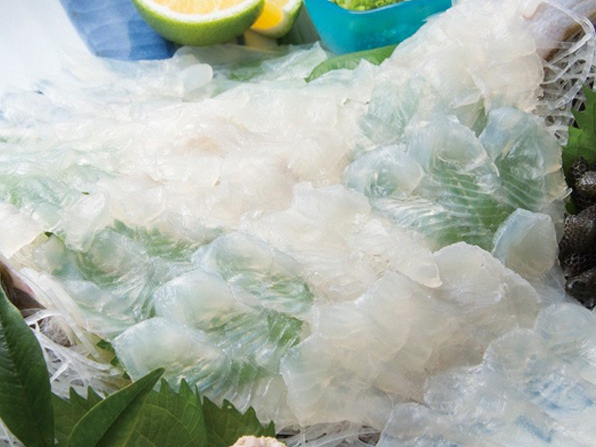
- See More
- Yufu and Kokonoe Area (Yufu City, Kokonoe Town)
- This highland region encompasses Yufu City, consistently ranked among top tourist destinations, and Kokonoe Town, surrounded by breathtaking natural scenery. Visitors can relax in open-air hot springs and experience awe-inspiring sights that await, such as the Yamanami Highway and the Kokonoe 'Yume' Grand Suspension Bridge, which offer spectacular views and an awe-inspiring sense of vastness.
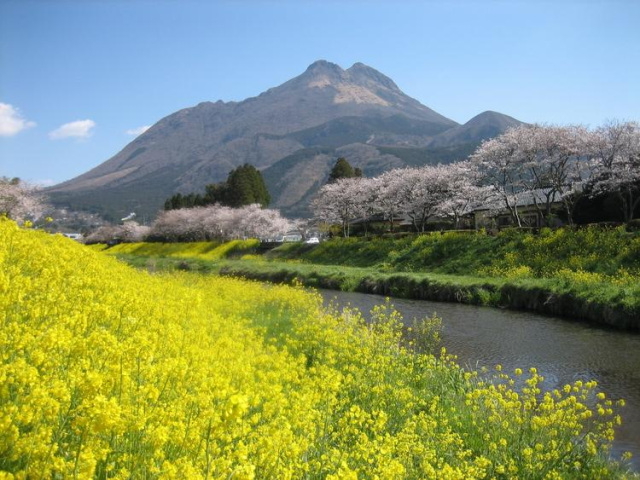
- See More
- Nippo Coast Area (Saiki City, Usuki City, Tsukumi City)
- Boasting some of Japan's richest fishing grounds, this area offers a wide variety of fresh seafood unique to each region. Visitors can enjoy exploring coastal attractions like Onyujima Island, home to a rare island course in the Kyushu Olle walking trails.
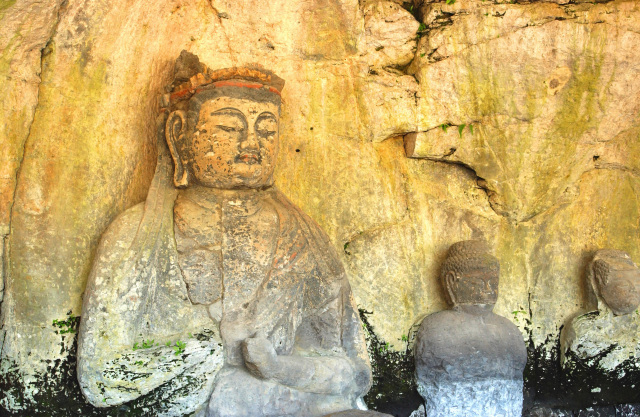
- See More
- Taketa and Oku-Bungo Area (Taketa City, Bungo-Ono City)
- This area consists of Taketa City, known for its expansive flower park and the rare carbonated hot springs at Nagayu Onsen, as well as Bungo-Ono City, which, while lacking hot springs, offers a distinctive sauna experience amidst its diverse landscapes.
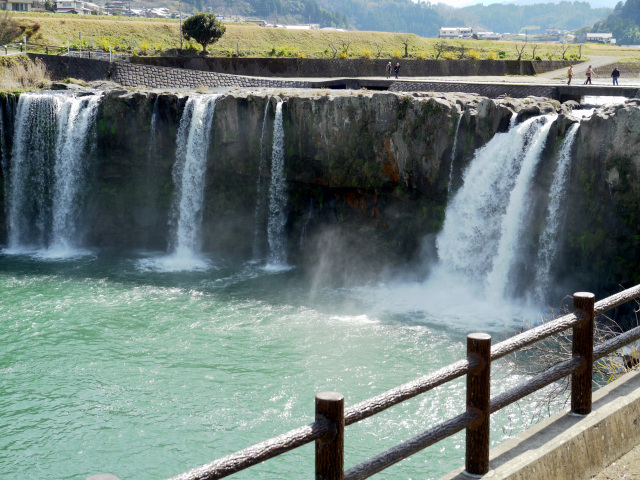
- See More
Onsen Hot Spring Culture in Oita, the Onsen Prefecture
Oita Prefecture boasts the largest number of onsen hot spring sources and the highest output volume in Japan. It also features 8 out of the 10 types of spring water found worldwide, earning it the reputation that "visiting Oita is like experiencing all the hot springs in the world." Visitors can enjoy a wide variety of unique onsen, including mushiyu steam saunas, sunayu sand baths where you are buried in warm sand, and doroyu mud baths that immerse you in mineral-rich mud. Don't miss out on jigoku-mushi ("hell-steaming"), a local delicacy where the ingredients are cooked using the geothermal steam that gushes forth from the onsen – an experience as flavorful as it is fascinating.
Oita's Three Great Onsen of Bungo!
- Beppu Onsen
- Beppu City is home to the Beppu Hatto, a collection of eight renowned onsen areas, each offering unique and distinct spring qualities to enjoy. The sight of steam rising from the onsen all over the town is a hallmark of Beppu. The city also boasts numerous traditional public baths that have been cherished by locals for generations.
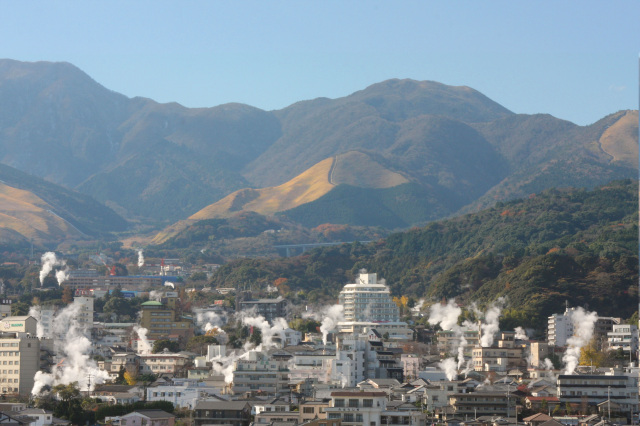
- See More
- Yufuin Onsen
- Yufuin Onsen offers open-air baths with stunning views of tranquil rural landscapes and the majestic Mt. Yufu, along with traditional inns perfect for a relaxing stay. The onsen here primarily feature simple or alkaline simple thermal waters that are known for their gentle feel on the skin, making them popular across all age groups.
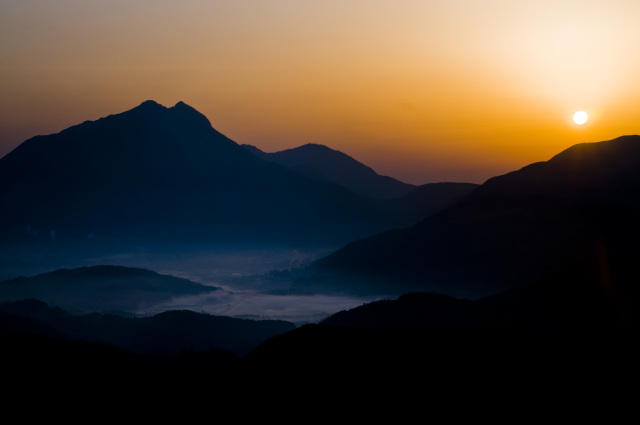
- See More
- Amagase Onsen
- Amagase Onsen is nestled along the upper reaches of the Chikugo River, flanking the Kusu River with rows of traditional onsen inns. Once renowned for its abundant hot spring flow – said to gush forth anywhere along the riverbanks – most of the baths today still feature free-flowing hot spring water directly from the source. Known as "beauty-enhancing springs," the waters here are cherished for leaving the skin smooth and rejuvenated.
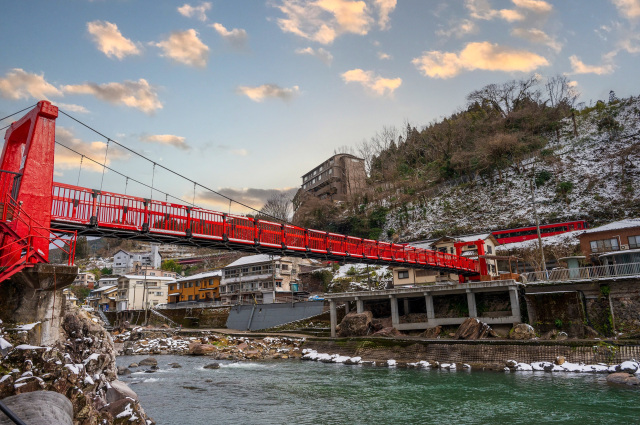
- See More
The Beautiful Nature of Oita
Oita Prefecture, surrounded by both sea and mountains, offers an intimate connection to nature. With ten designated natural parks covering approximately one-quarter of the prefecture's total area, it is a haven for outdoor enthusiasts. The region is also home to numerous cherry blossom and azalea viewing spots, and is a renowned destinations for autumn foliage, making it a year-round treasure trove of scenic beauty.
A Symphony of Colorful Blossoms
From mid-March, cherry blossoms can be enjoyed across all regions of Oita Prefecture. Additionally, vibrant tulips, poppies, and baby blue eyes flowers bloom in abundance, creating stunning landscapes throughout the area. Miyamakirishima azaleas, a natural monument that grows wild in the highlands, paints entire mountainsides in shades of pink at its peak. This breathtaking sight attracts numerous hikers eager to witness its beauty firsthand.
Famous Spots and Breathtaking Views of Autumn Foliage
Oita Prefecture is home to numerous stunning autumn foliage spots. One notable location is Yabakei, hailed alongside Nikko in Tochigi Prefecture and Arashiyama in Kyoto as one of Japan's Three Great Autumn Foliage Spots. Other highlights include the winding beauty of Kyusuikei Gorge, the golden spread of ginkgo leaves at the National Treasure Fukiji Temple Hall, and the striking reds and yellows that blanket the slopes of the Kuju Mountain Range.
Nature and Tradition: Must-See Tourist Spots
- Kunisaki Peninsula
- This area is home to Rokugo Manzan, the birthplace of shinbutsu shugo (the fusion of Shinto and Buddhism), with numerous historic shrines and temples. Key highlights include Usa Jingu Shrine, Futagoji Temple (a special mountain temple of the Tendai sect), and Monjusenji Temple.
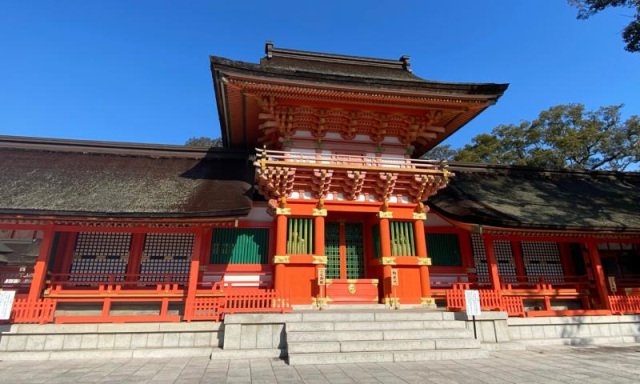
- See More
- Yabakei
- This scenic area, which extends out around Nakatsu City, features several stunning spots scattered across a wide region. Known for its breathtaking landscapes adorned with rows of unique rock formations, Yabakei attracts many visitors, especially during the autumn foliage season. It offers a perfect combination of spectacular views, outdoor activities, and onsen.
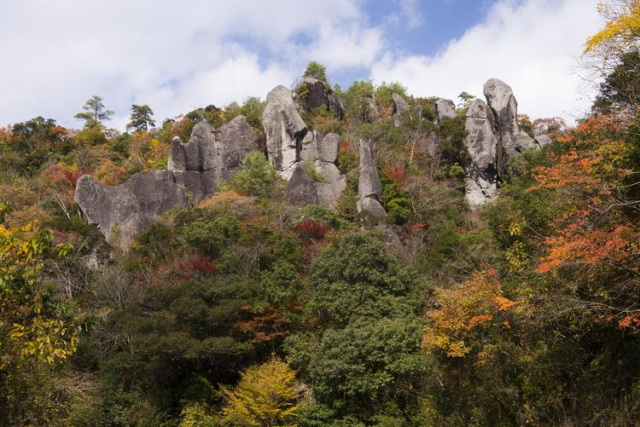
- See More
- Kuju Mountain Range
- Located near the center of Kyushu, this range includes Mt. Nakadake, Kyushu's highest peak, along with several other mountains rising to altitudes of approx. 1,700 meters. Known as the "Roof of Kyushu," it offers a wealth of hiking opportunities showcasing the changing beauty of the mountains across the seasons. With a wide variety of trails, it has something for everyone from beginners to seasoned climbers.
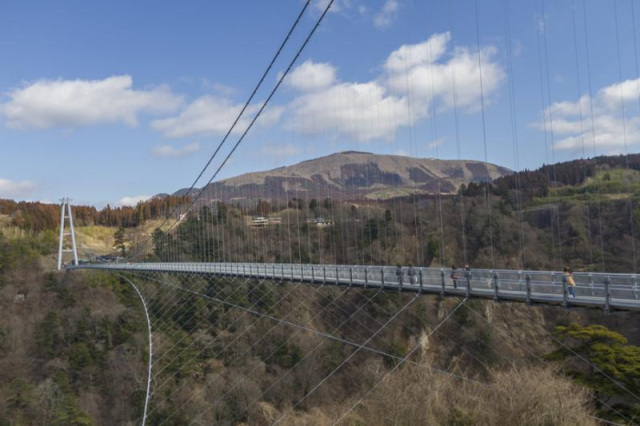
- See More
Geoparks in Oita Prefecture: Learning from the Land and Nature
Oita Prefecture is home to two geoparks: Oita Himeshima Geopark and Oita Bungoono Geopark. These parks provide opportunities to explore and learn about the region's layered natural history, including its geology, topography, ecosystems, and history.
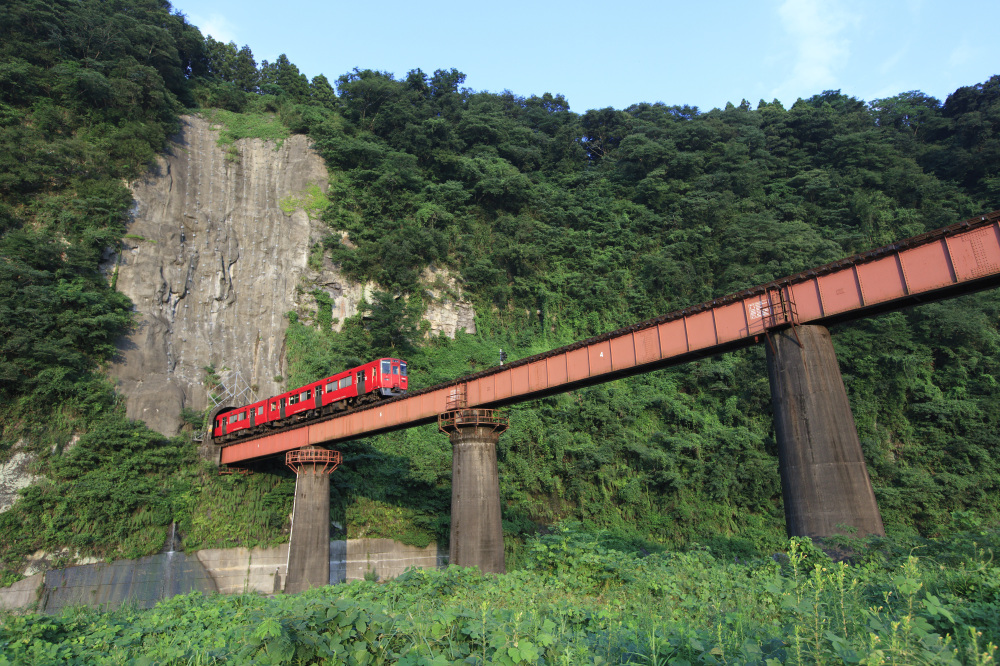
Discover Oita's Traditional Culture and Fascinating History
Oita Prefecture is home to historic landmarks such as castles, castle towns, temples, and stone Buddhas whose names have been etched in history. Traditional crafts created using time-honored techniques showcase refined craftsmanship and embody Oita's unique charms.
Oita's Historic Castle Towns
Castle towns, built around the residences of regional leaders, were the political, economic, and cultural centers of their times. Strolling through these towns reveals the distinct lifestyles and activities of each region, and Oita Prefecture boasts numerous castle towns, including Saiki, Usuki, Taketa, Hiji, Kitsuki, and Nakatsu. Here, we’ll introduce three of these remarkable castle towns.
- Kitsuki Castle Town
- Centered around Kitsuki Castle, which was built overlooking the sea, this historic town features samurai residences on the north and south plateaus, with a merchant district nestled in the valley below. The two slopes connecting the samurai and merchant areas, "Suya no Saka" and "Shioya Saka," perfectly align, creating a unique and picturesque view that can only be found here.
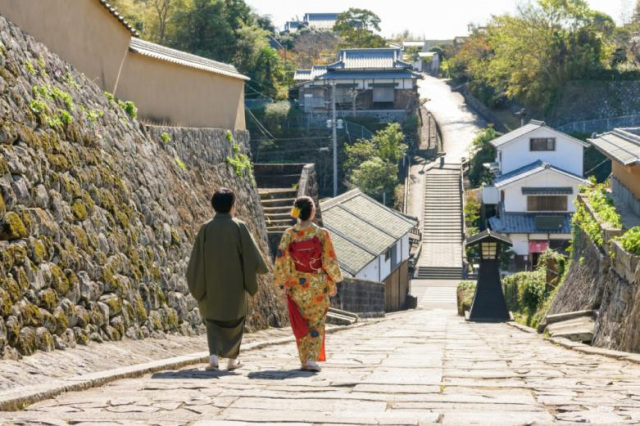
- See More
- Usuki Castle Town
- This castle town flourished under the leadership of Otomo Sorin, the Christian daimyo lord who constructed Usuki Castle. The area still retains the charm of its bustling past, with cobblestone streets, samurai residences, townhouses, and sake breweries evoking the vibrant atmosphere of a historic castle town. The Usuki Stone Buddhas, an iconic national treasure and also one of the area's highlights.
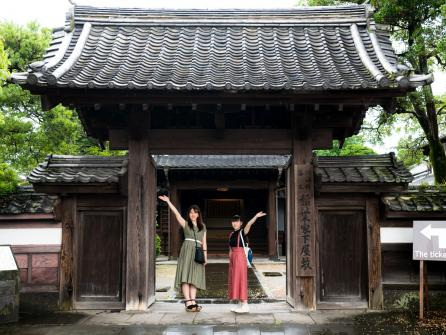
- See More
- Hita Castle Town
- Mameda Machi Shopping Street is a rare area where historic homes and streets have been preserved block by block. Highlights include the Nippon Gwan, a long-established pharmacy that had such a prominent role in the town that it was referred to as the "castle tower" of Mameda Machi, as well as museums and shops where you can purchase traditional crafts. Exploring the area dressed in a rented kimono adds a touch of elegance to your visit and is highly recommended.
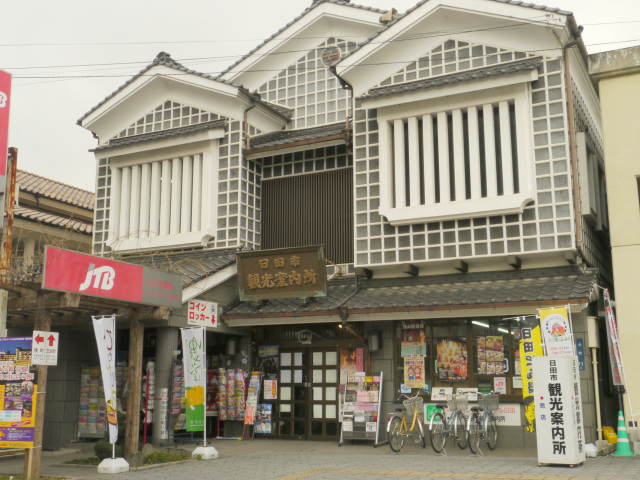
- See More
Temples that have Left Behind a Unqiue Culture
- Fukiji Temple
- Fukiji Temple was built as a place to pray for rebirth in Buddhism's Pure Land after death. The Amida Hall, designated as a National Treasure, is the oldest existing wooden structure in Kyushu. Inside, ancient murals depict what is said to depict the Pure Land. Visitors can also enjoy the temple’s changing scenery throughout the seasons, from fresh greenery to autumn leaves and serene snow-covered landscapes.
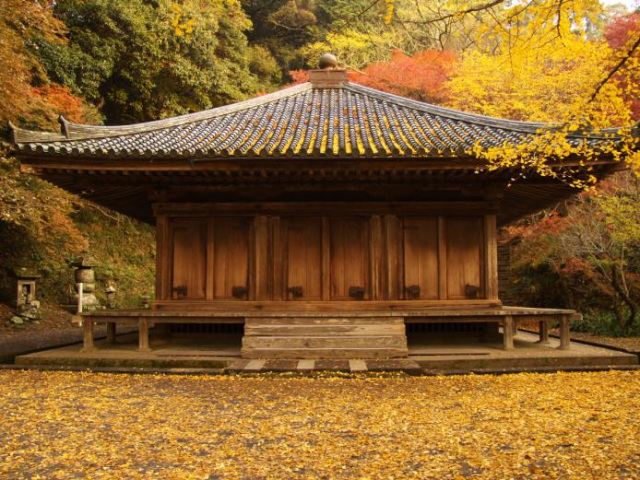
- See More
- Usa Jingu Shrine
- Usa Jingu Shrine serves as the head shrine for a major sect of Shinto and boasts a history spanning 1,300 years. Surrounded by ancient, untouched forests, its vast grounds are enveloped in a serene atmosphere. The site features three main halls and numerous historically and culturally significant structures.
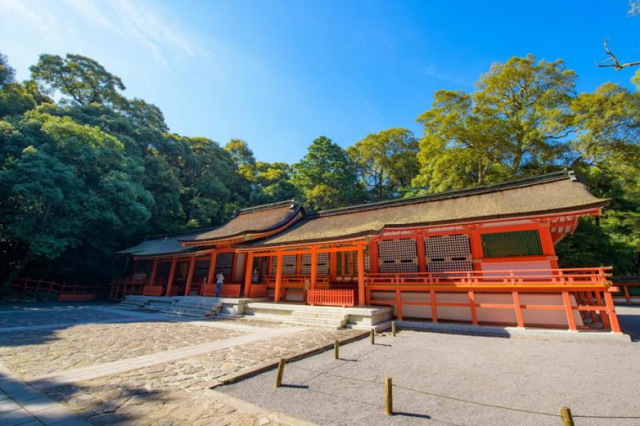
- See More
- Stone Buddhas and Magaibutsu
- Magaibutsu, Buddhist statues and bodhisattvas carved into rocky cliffs, are a common sight in Oita Prefecture. However, many of these works remain shrouded in mystery, with little known about their creators or purposes. Among the most famous are the Usuki Stone Buddhas and Kumano Magaibutsu. Witness their awe-inspiring, enigmatic beauty up close.
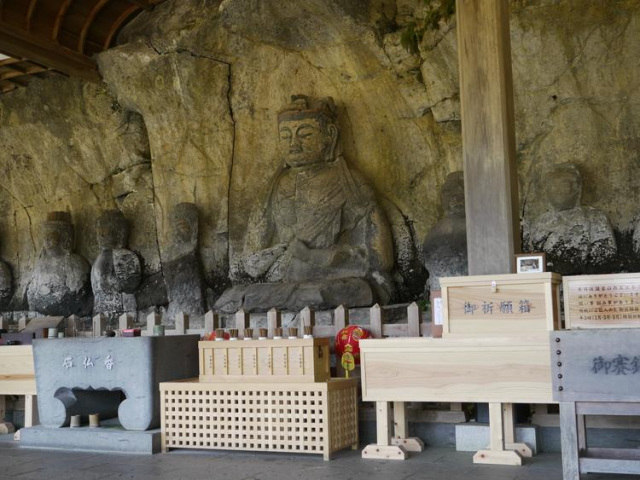
- See More
Traditional Crafts You'll Want to Take Home – Perfect for Souvenirs
Traditional craft techniques, handed down through generations, continue to thrive in Oita. Using the region’s abundant natural resources and unique climate, these crafts range from everyday items to auspicious masterpieces. Experiencing these handmade treasures offers a profound appreciation for Oita’s rich culture of craftsmanship.
- Pottery
- Oita Prefecture is known for two distinctive types of pottery. The first is Onta-yaki, celebrated for its rustic charm and practicality. The second is Usuki-yaki, a type of pottery that originated approximately 200 years ago as the official kilnware of the Usuki Domain but ceased production after only a decade, only to be revived in 2015. Both styles feature beautiful pieces that you'll want to take home.
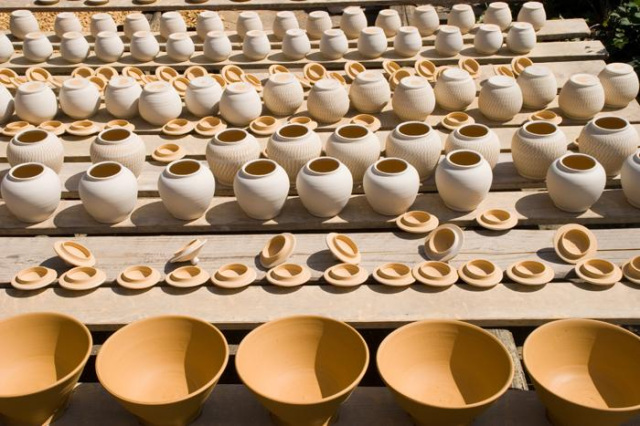
- Bamboo and Boxwood Crafts
- Oita Prefecture leads Japan in madake bamboo production and is home to Beppu Takezaiku (Beppu bamboo crafts), a nationally designated traditional craft. Originally created as everyday items, over time these crafts evolved into popular souvenirs. In addition to bamboo crafts, the region has also developed the art of tsugezaiku (boxwood crafts). The intricate openwork patterns of tsugezaiku showcase the exceptional skill of the craftsmen, making each piece a true masterpiece.

- Hime Daruma Dolls
- Hime daruma dolls are a traditional good luck charm symbolizing family harmony and business prosperity. Their design includes a diamond shape at the top, representing the sun, and illustrations of pine, bamboo, and plum blossoms on the sides. In the past, it was customary to distribute these dolls during the New Year. Although the craft disappeared during wartime, it was revived and has been carefully preserved to this day. Hime daruma dolls from Taketa are even registered as an intangible cultural heritage.

Step Back in Time to the Showa Era with Retro Fashion!
The Showa period, spanning from 1926 to 1989, holds a special place in Japan’s history. In Bungotakada City, you’ll find a recreation of it in Showa Town, where you can stroll through streets lined with signs and buildings from that era. Explore this unique town and immerse yourself in a different chapter of Japan’s history and culture, wholly distinct from the samurai era.
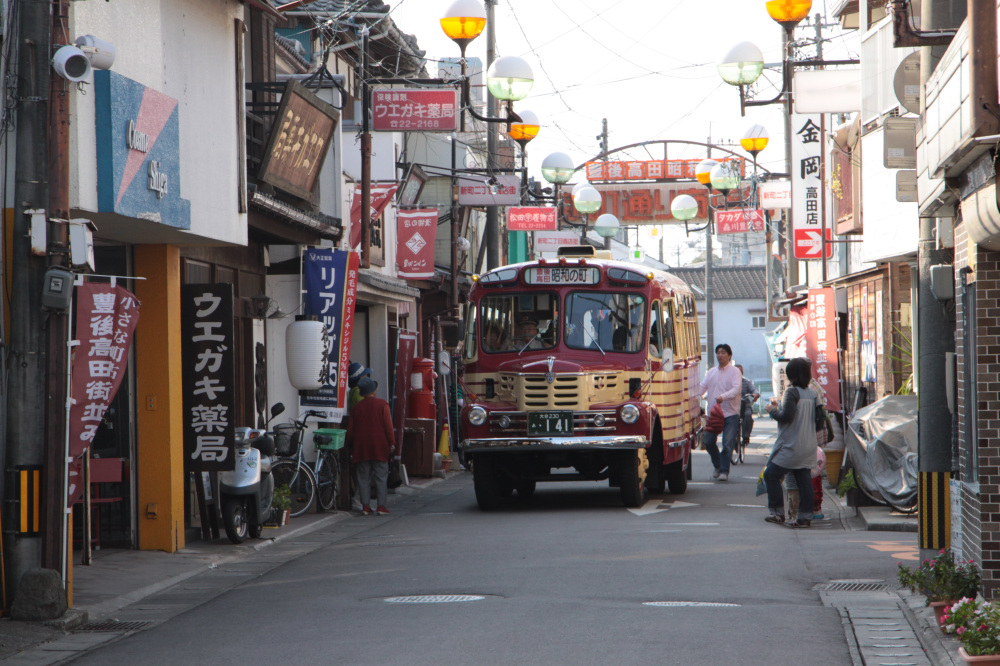
Indulge in Oita's Local Cuisine and Drinks
Oita offers a wealth of local specialties, including fresh seafood from coastal areas, carefully raised meats, and a wide variety of vegetables. Enjoying these seasonal ingredients is a great way to energize yourself. Pair your meal with Oita's signature barley shochu liquor or locally brewed sake for the perfect accompaniment.
Delectable Meats
Oita is home to premium meats raised on its fertile land, including richly flavored Japanese Black ("kuroge") wagyu beef known as "Oita Wagyu," locally bred pork fed called "Kome-no-Megumi" that are fed with a rice-based feed, and the flavorful free-range chickens "Toyono-shamo" and "Oita Kanmuri-jidori." Each boasts sweet marbling and a savory meat texture. Additionally, regional specialties like toriten (tempura-style chicken) and karaage (Japanese fried chicken) are also beloved local favorites.
Specialty Seafood
Oita offers an array of unique branded fish, including Seki-aji horse mackerel and Seki-saba mackerel, caught using exclusive fishing methods, as well as Kunisaki largehead hairtail. Other specialties include Kabosu- buri amberjack and Kabosu-hirame flounder, raised on feed blended with kabosu citrus. While grilled fish is a popular option, be sure to also try sashimi and seafood rice bowls for a truly fresh and flavorful experience.
Gourmet Fruits and Vegetables
The undulating terrain of Oita produces an abundance of vegetables and fruits. Renowned for its aromatic shiitake mushrooms and the region's specialty, kabosu citrus, Oita offers agricultural products that are bursting with flavor. Kabosu citrus in particular is an essential part of Oita's cuisine, often squeezed over grilled fish and sashimi or used to flavor beverages.
Alcoholic Beverages – Sake Tastings, Brewery Tours, and Production Techniques
In addition to purchasing local sake, you can also visit the breweries and learn about the sake-making process. While a variety of alcoholic beverages are produced in Oita, barley shochu liquor is particularly famous. Brewery tours, sake-making experiences, and sake tastings all offer unique ways to enjoy this local craft. Whether savoring it on-site or taking some home as a souvenir, Oita’s alcoholic beverages are sure to impress.
Transportation Access and Getting Around
Oita Prefecture is accessible by plane, train, express bus, and ferry. Direct flights from Tokyo, Osaka, and other major cities make air travel particularly convenient. Use this as a guide when planning your journey.
[Airplane]
Direct flights are available from Haneda Airport, Narita Airport, Itami Airport, and Chubu Centrair International Airport. From the airport, limousine buses can take you to destinations such as Oita, Beppu, Usuki, Saiki, Yufuin, and Nakatsu in approximately 50 minutes to 2 hours. Additionally, you can reach Oita City from Fukuoka Airport in about 2.5 hours by using public transportation.
[Train]
If traveling from Tokyo, Nagoya, or Osaka, you can take a Shinkansen bullet train via Kokura and transfer to a limited express train to reach Oita Station. From Hakata, a direct limited express train will take you to your destination.
The Japan Rail Pass can be used on all JR Group limited express, express, rapid, and local trains, as well as BRT services (excluding certain trains) and Shinkansen bullet trains (excluding the "Nozomi" and "Mizuho" trains)
[Car]
Highways run through Oita Prefecture, making access by car convenient. From neighboring prefectures, it takes about 2 hours to reach Oita City via highway. The farthest route, from Kagoshima Prefecture, takes approximately 4.5 hours.
[Highway Bus]
Highway buses provide direct service to Oita and Beppu from Fukuoka, Nagasaki, Kumamoto, Kobe (Sannomiya), Osaka, and Kyoto.
[Ferry]
Ferries offer convenient access to Oita, with overnight routes allowing you to travel while you sleep; Osaka to Beppu and Kobe to Oita take approx. 11 to 12 hours.:
Ferries from the Chugoku and Shikoku regions operate during the day and are frequent, making them a practical choice:
- Yawatahama Port (Ehime Prefecture) to Beppu: approx. 3 hours
- Yawatahama Port (Ehime Prefecture) to Usuki: approx. 2.5 hours
- Misaki Port (Kochi Prefecture) to Saganoseki: approx. 1 hour
- Tokuyama Port (Yamaguchi Prefecture) to Taketazu: approx. 2 hours
Transportation options for within Oita Prefecture include trains, buses, rental cars, and taxis, as well as fixed-route sightseeing buses. Trains operated by JR can take you to major tourist destinations such as Oita, Beppu, Yufu, Usa, Nakatsu, Hita, and Saiki. While buses are also available, their schedules and frequency are limited, so renting a car or booking a sightseeing taxi in advance is recommended. Sightseeing taxis, available for private hire, allow you to conveniently visit multiple destinations.
Enjoy the Changing Seasons on Your Oita Journey
From mountainous regions to coastal areas, Oita offers an incredible diversity of landscapes. In spring and summer you can enjoy colorful flowers and fresh greenery, while autumn showcases vibrant foliage, and winter brings picturesque snowy scenes. See below for more information on how best to enjoy and explore each season.

